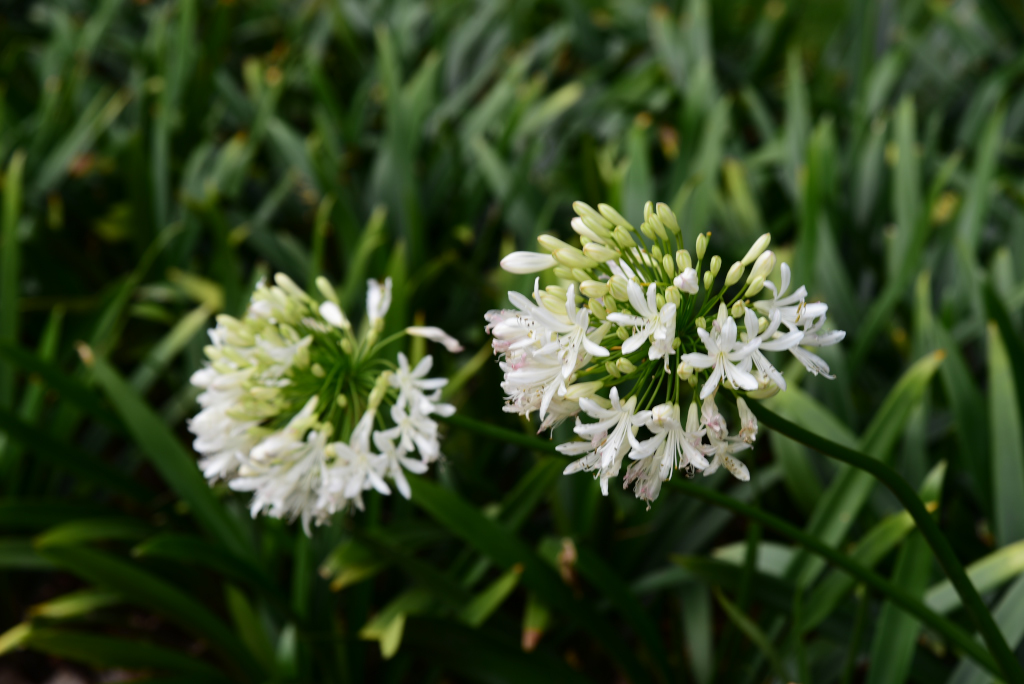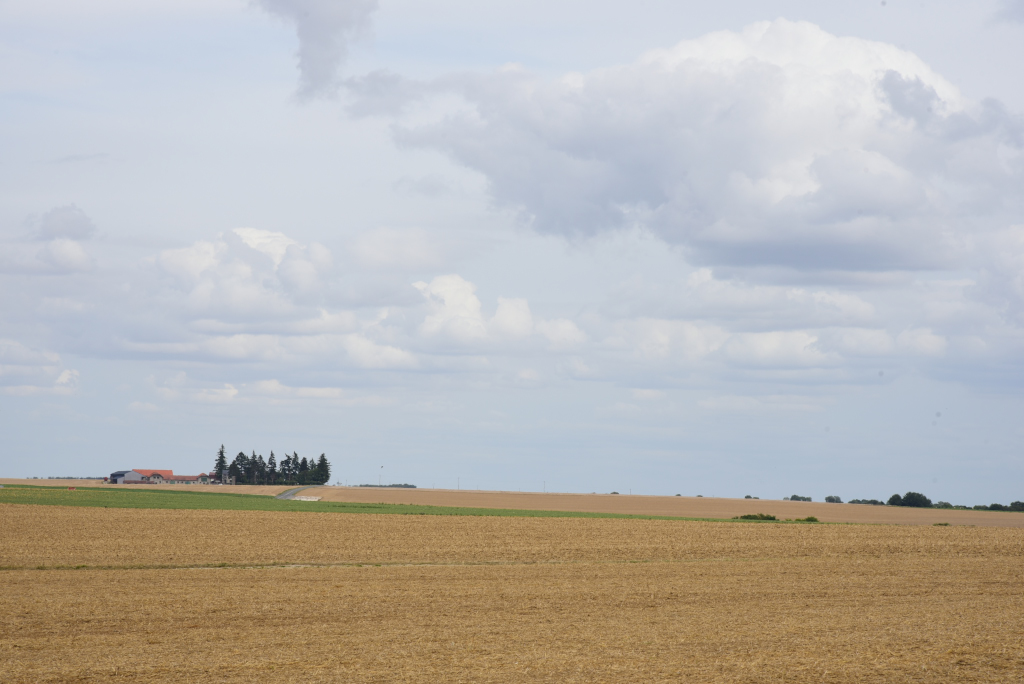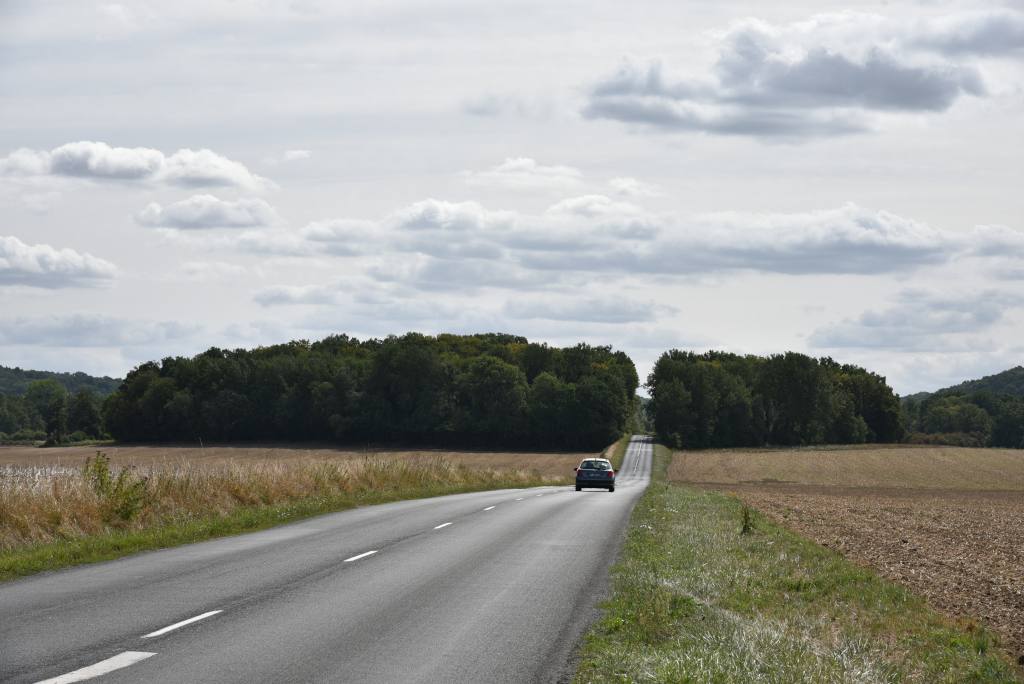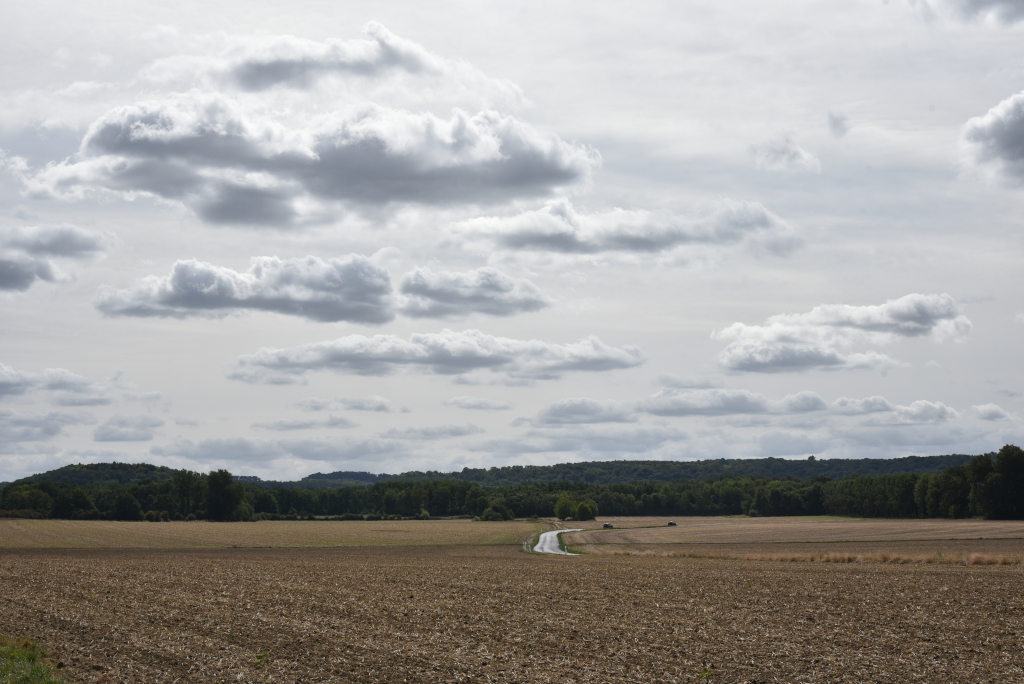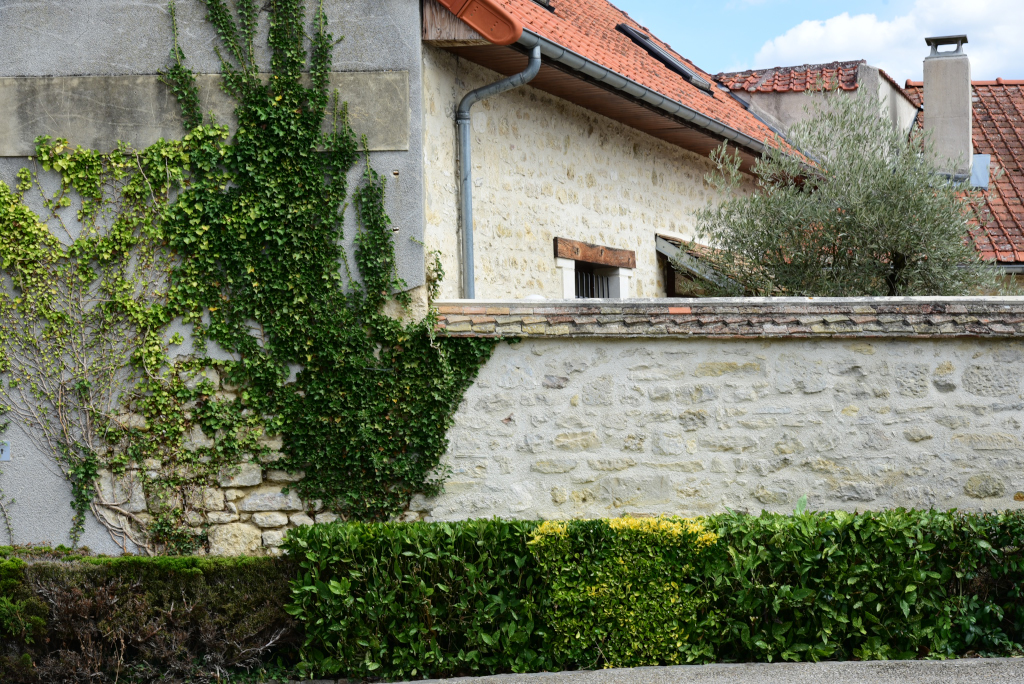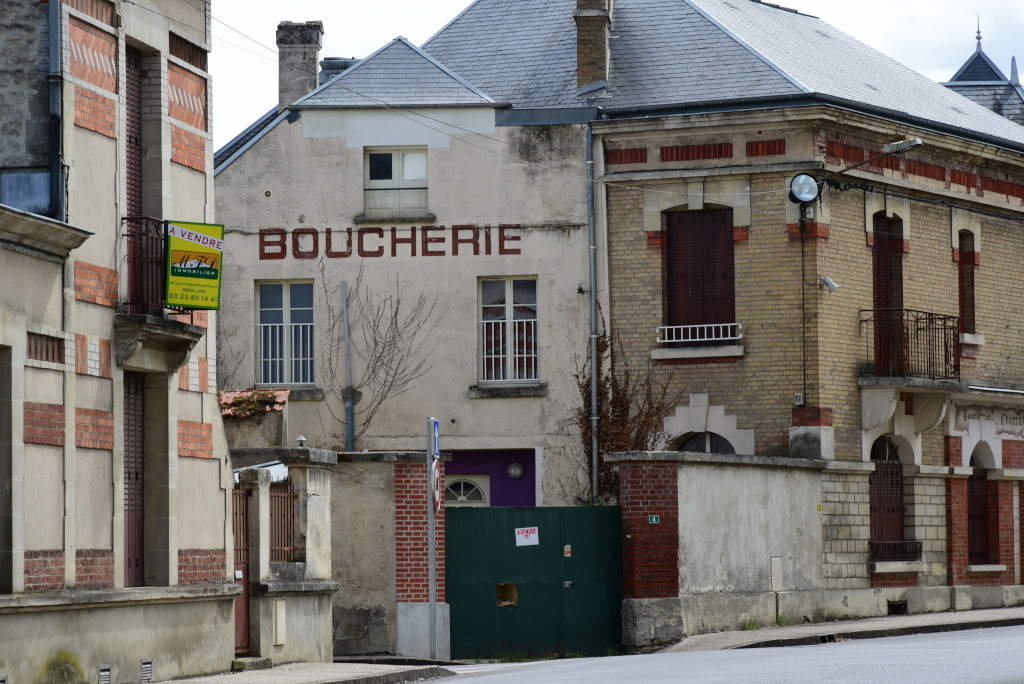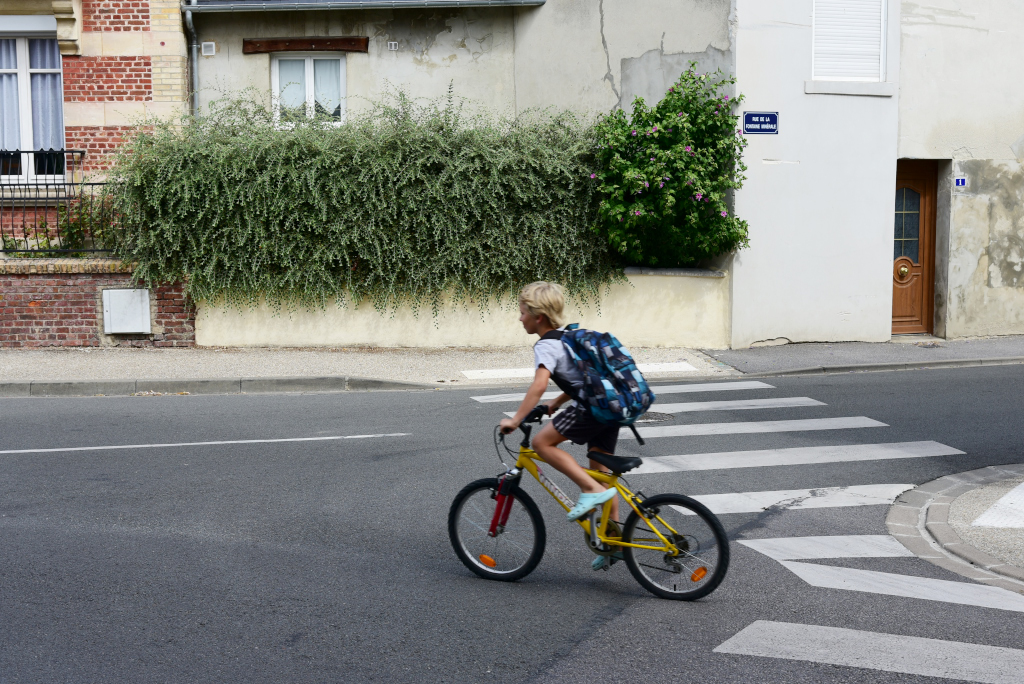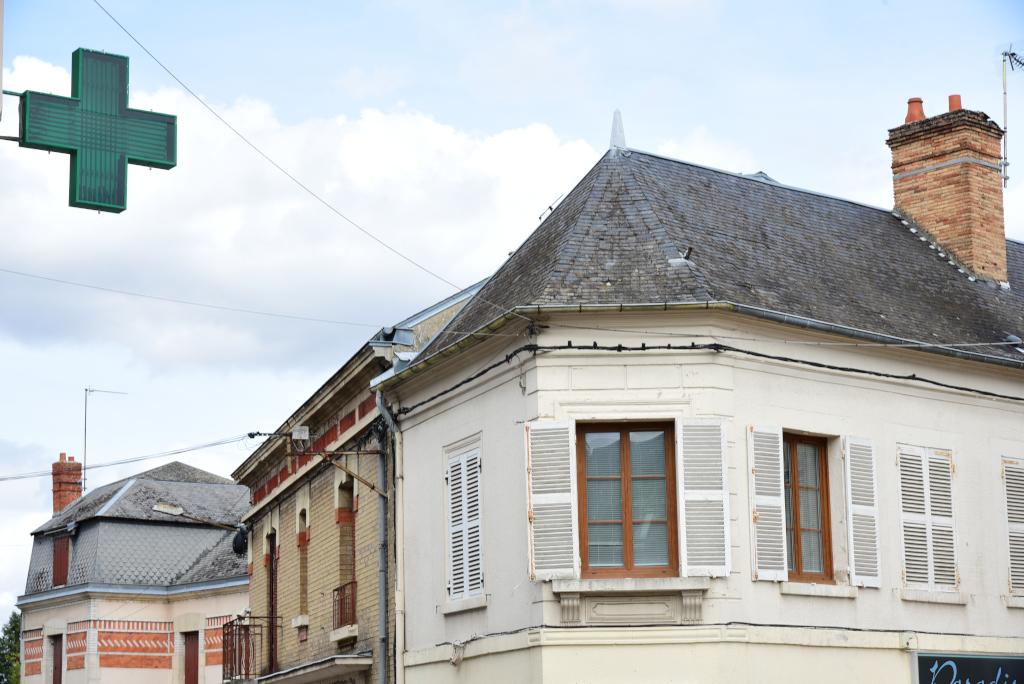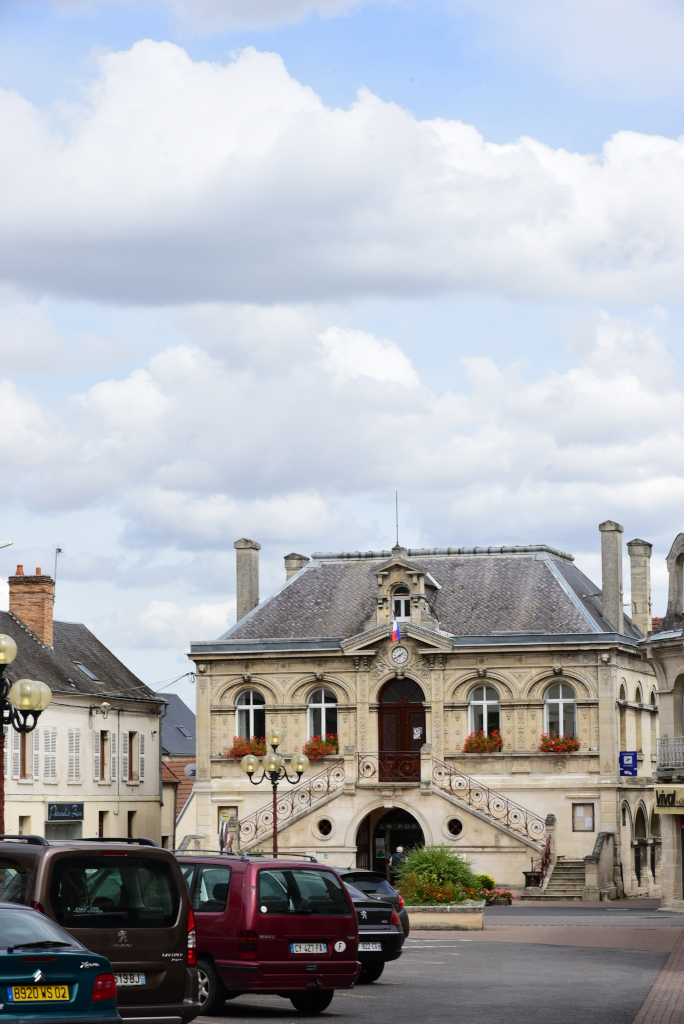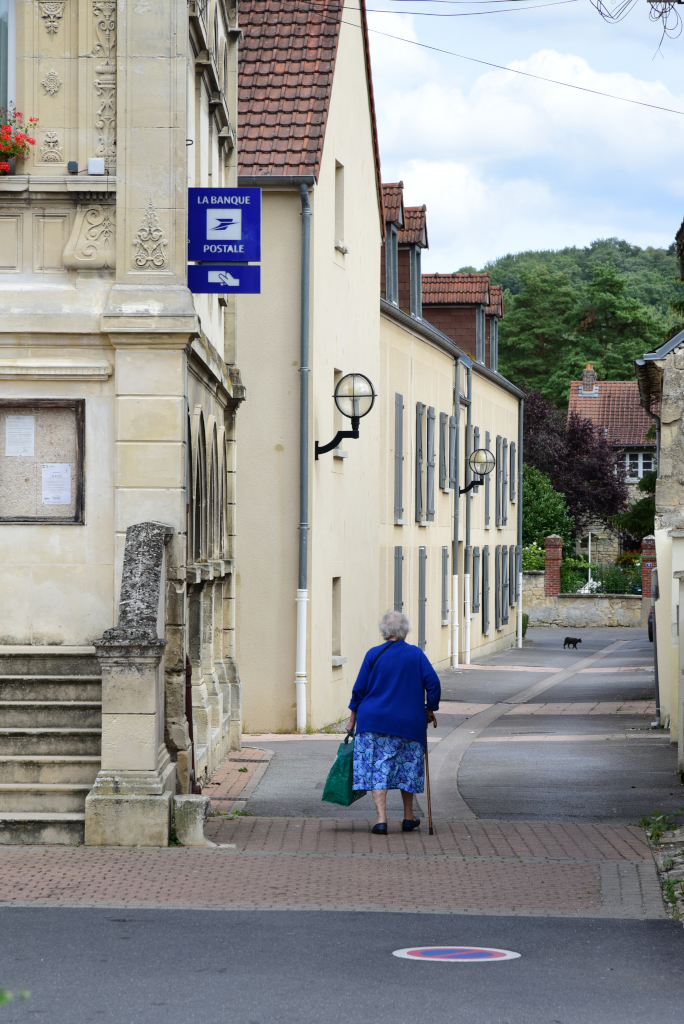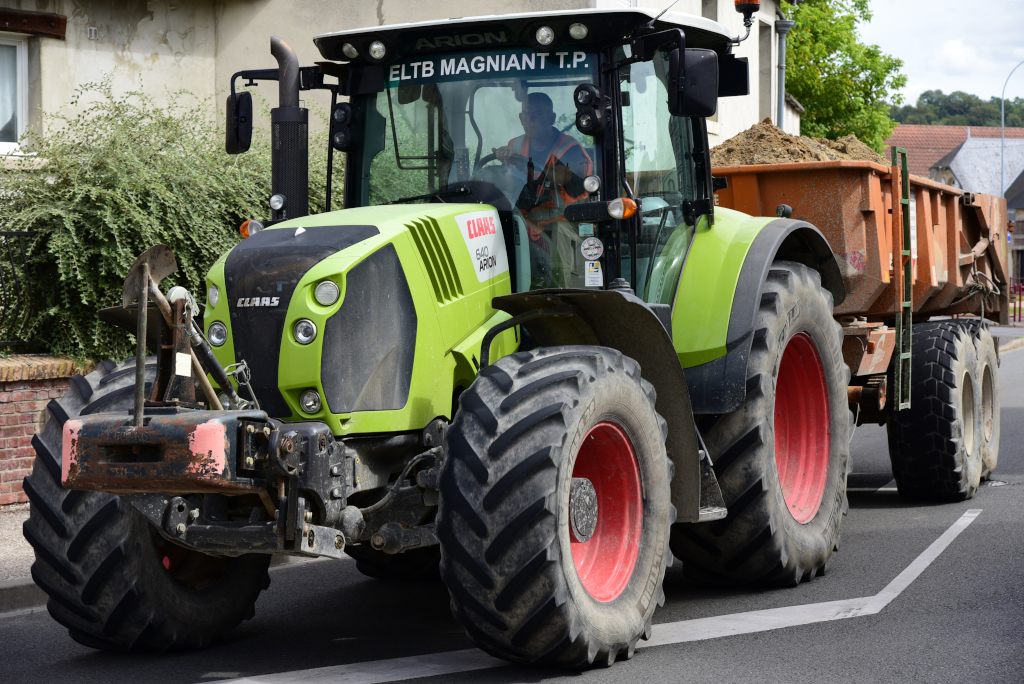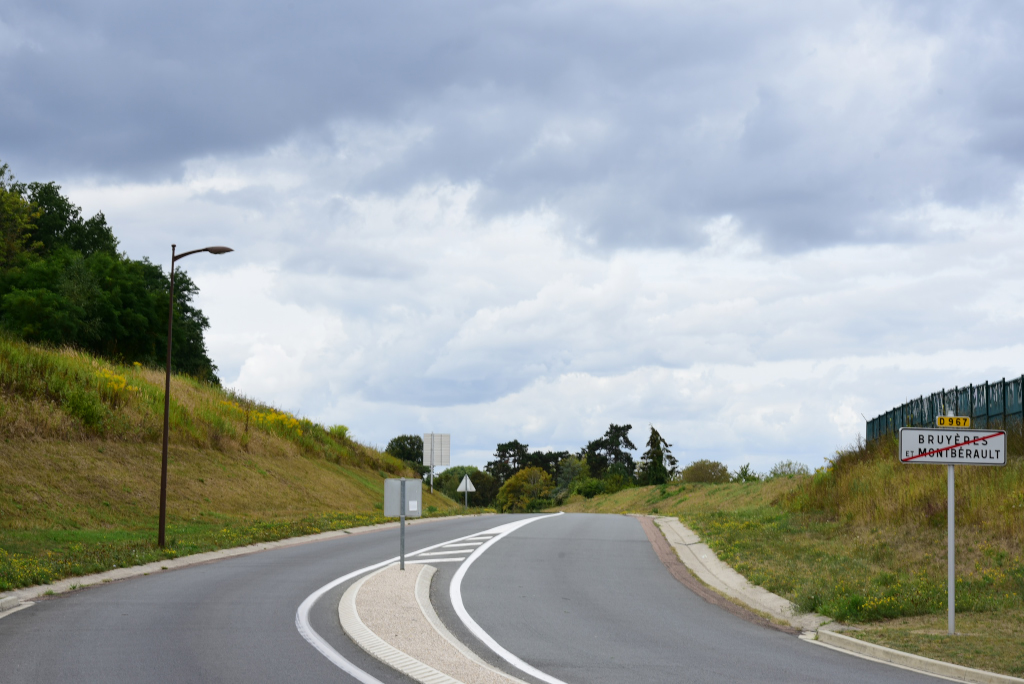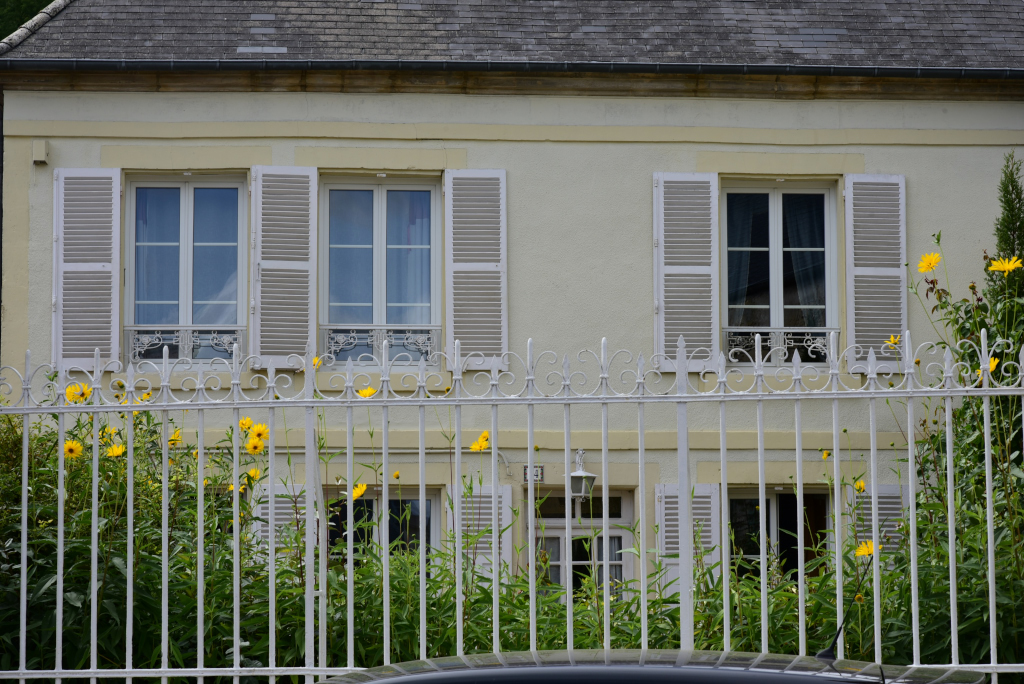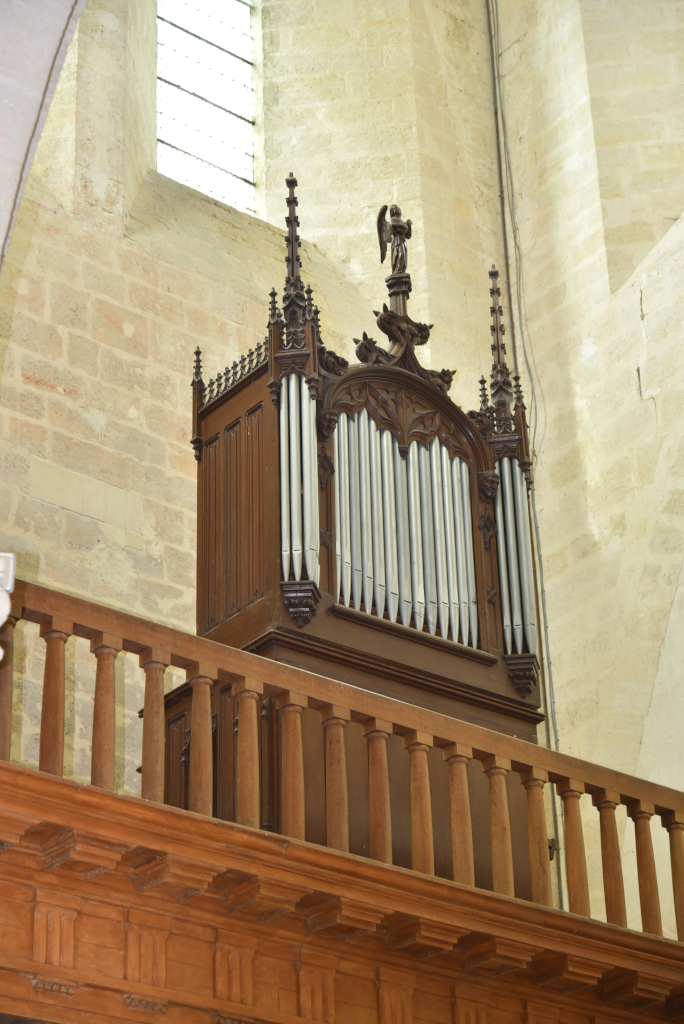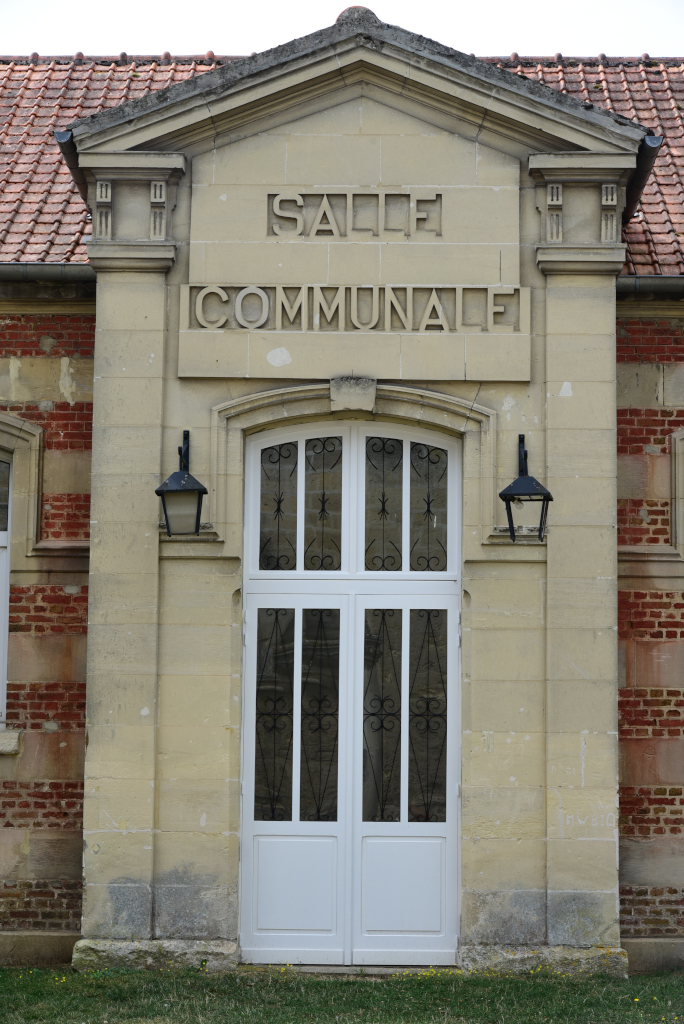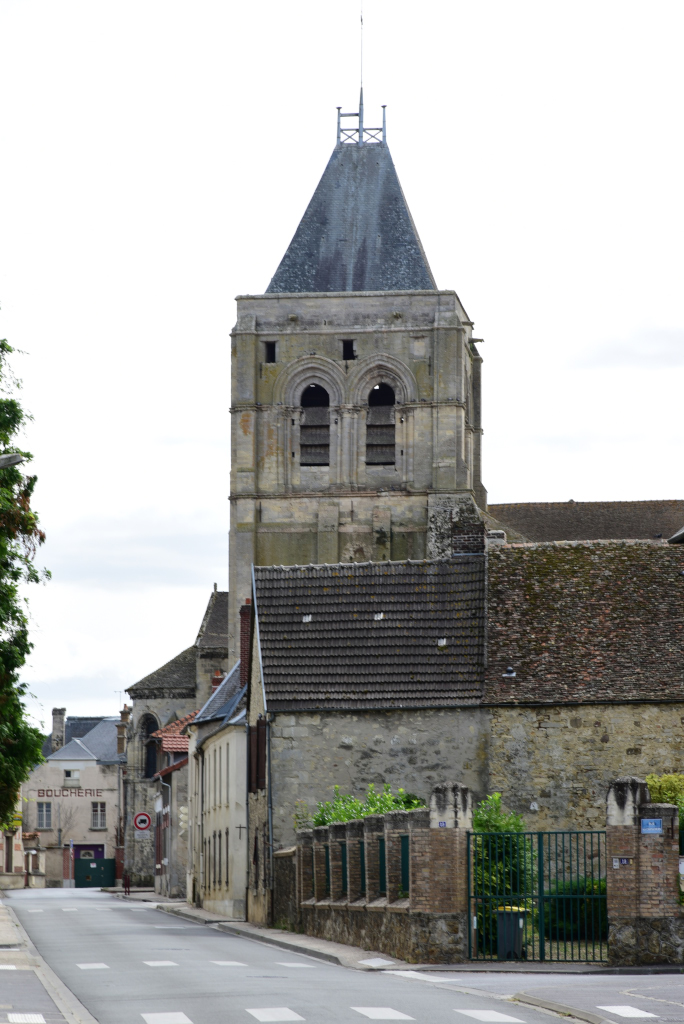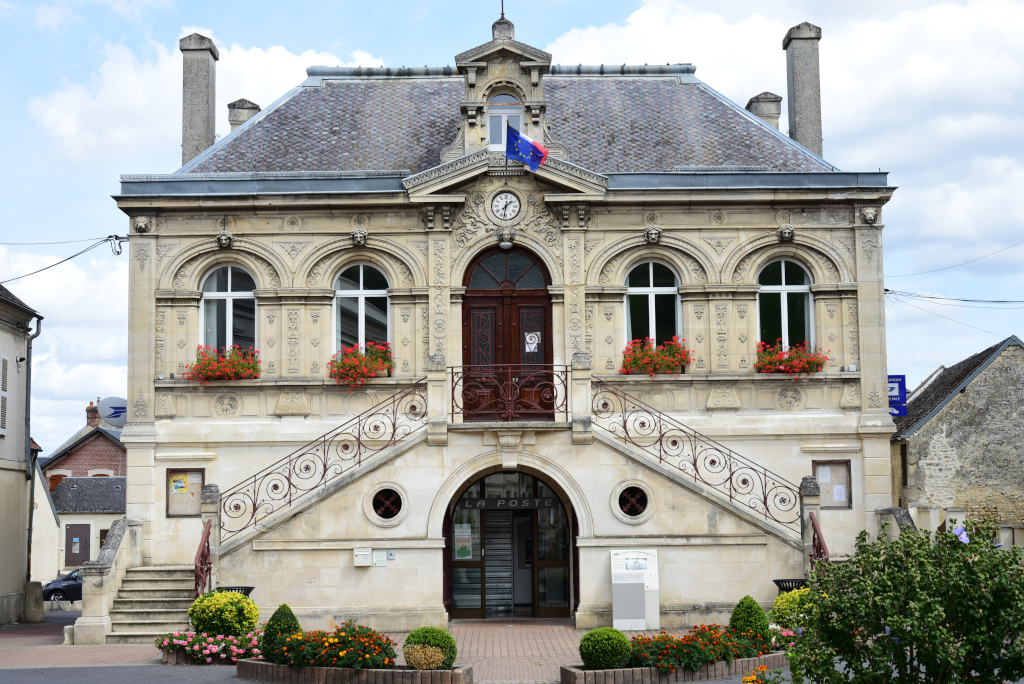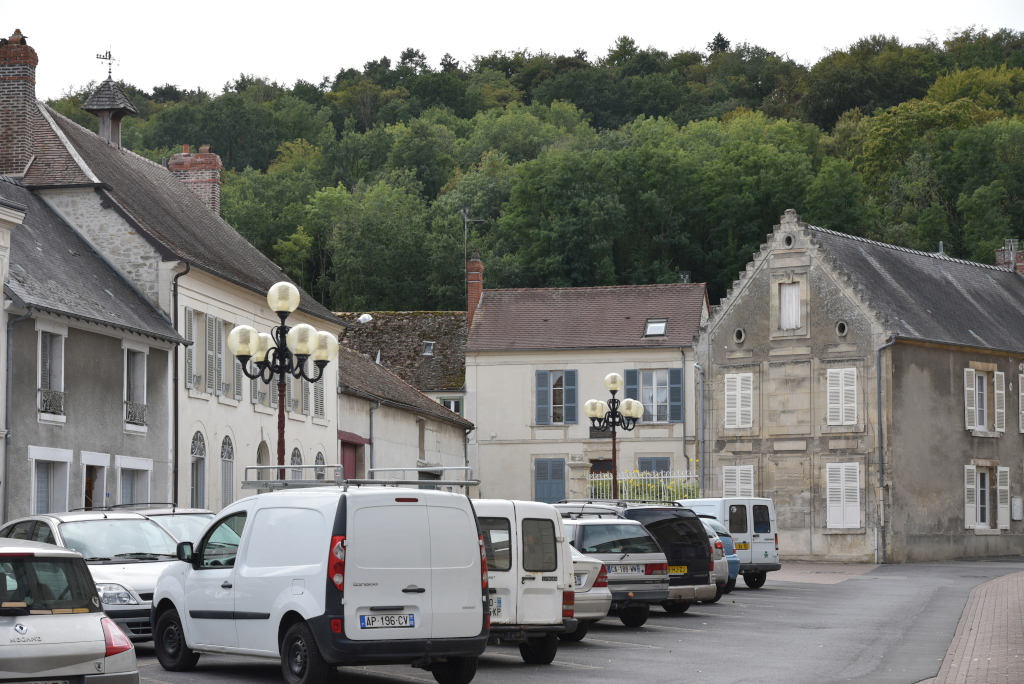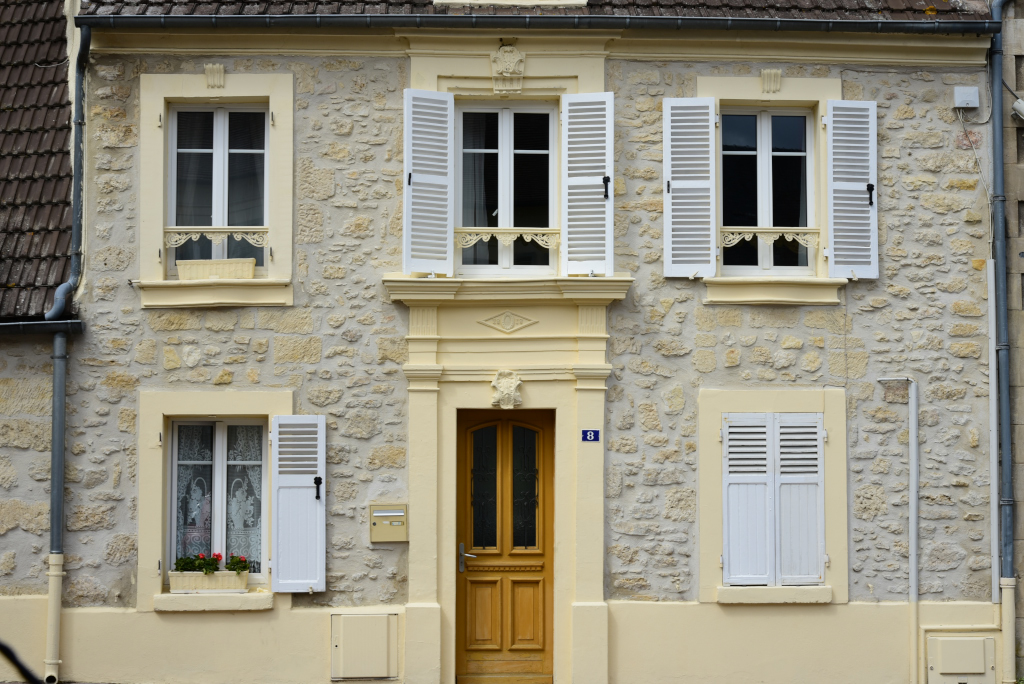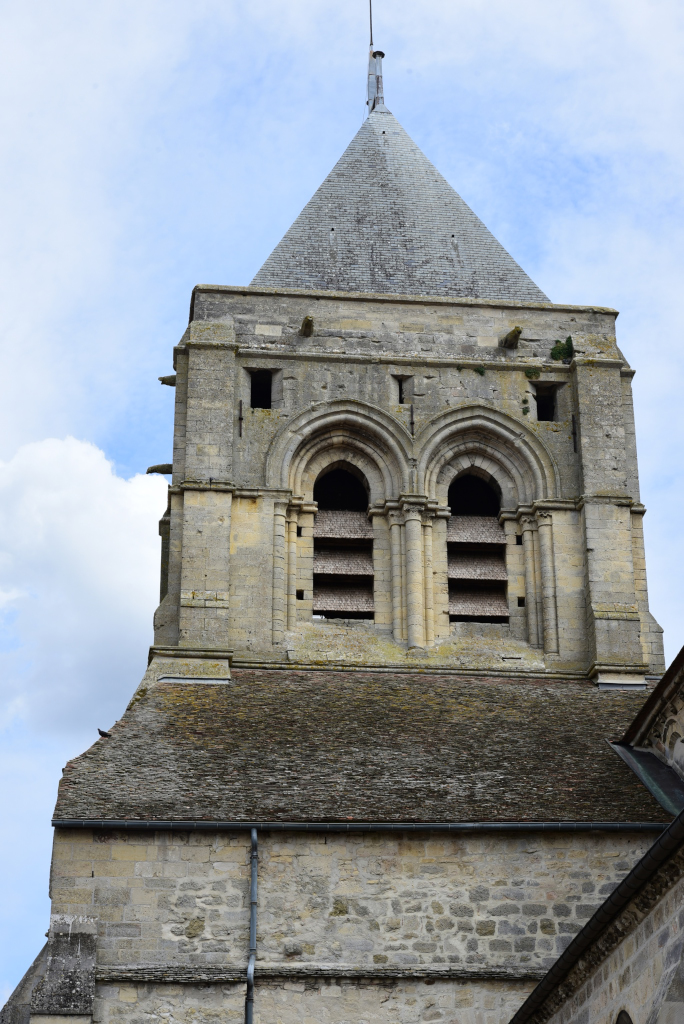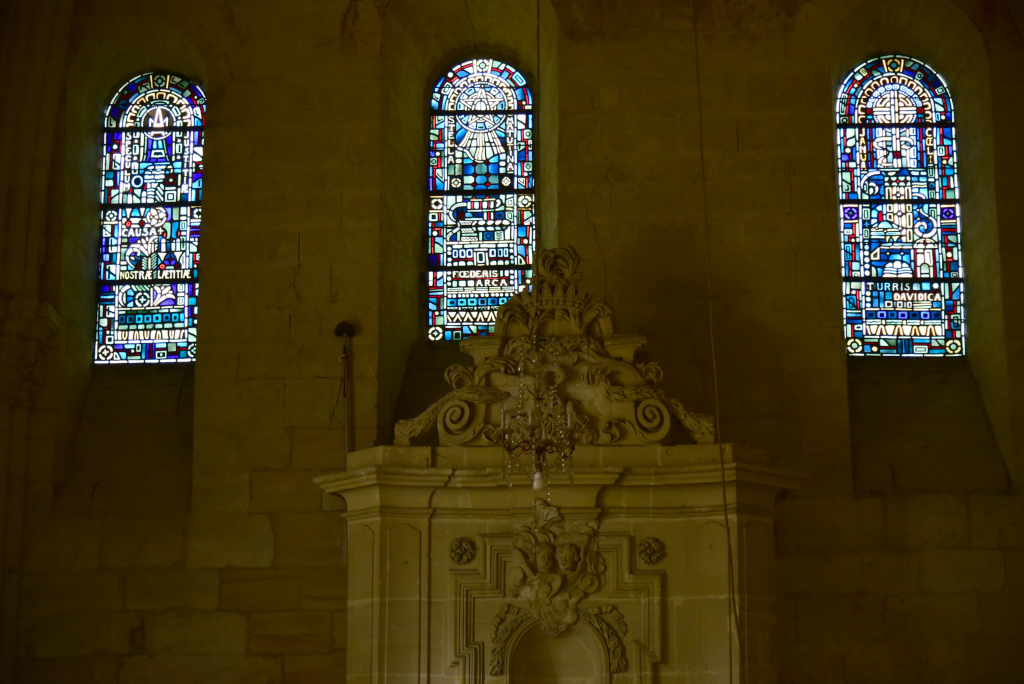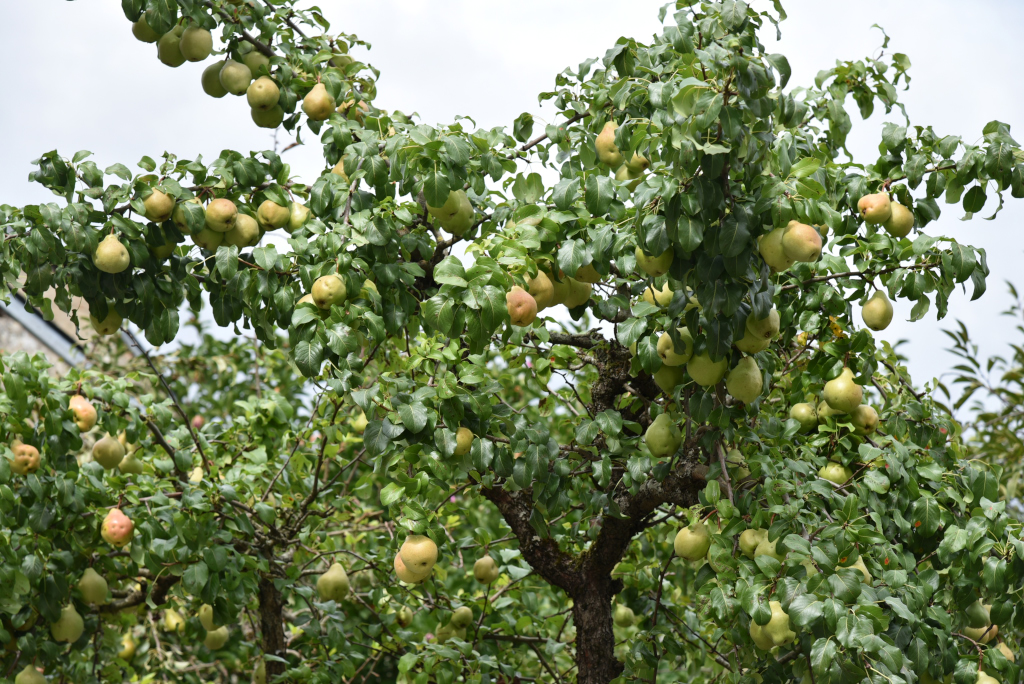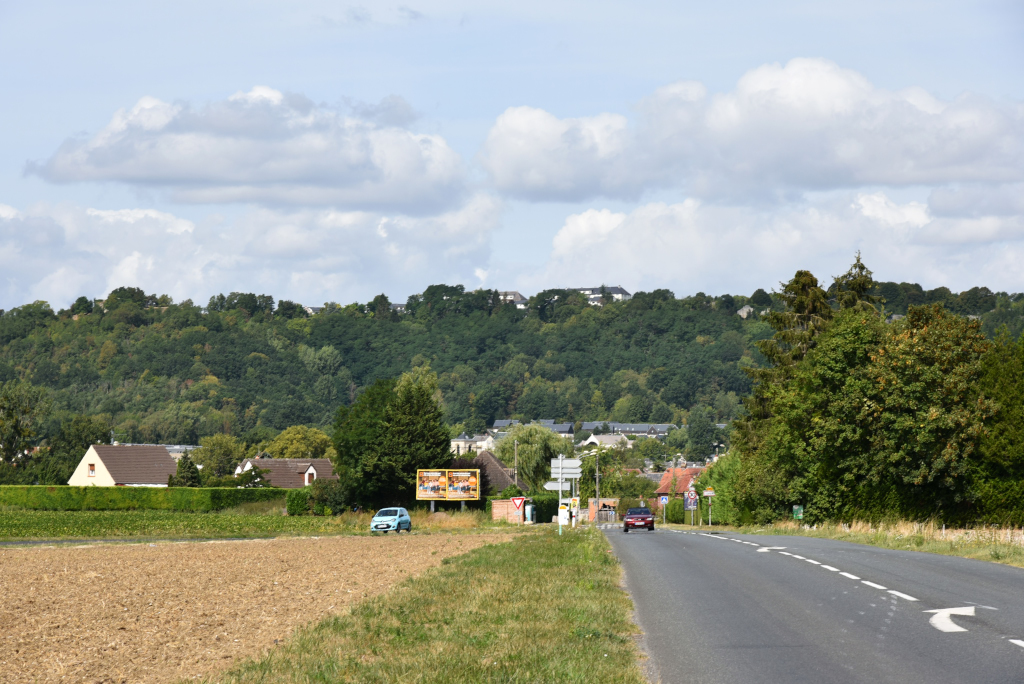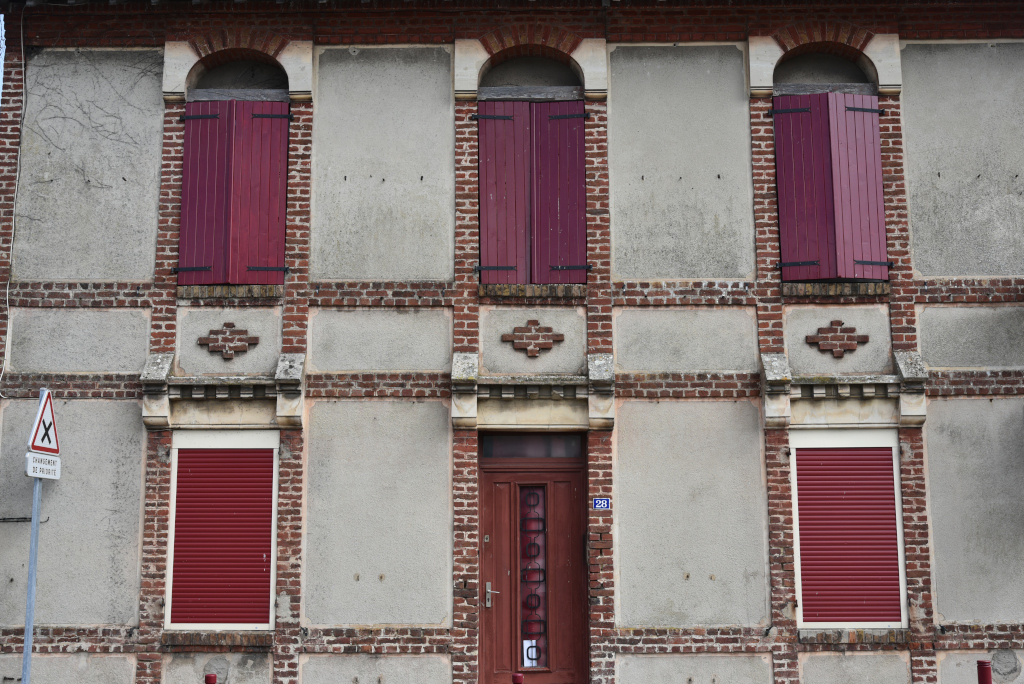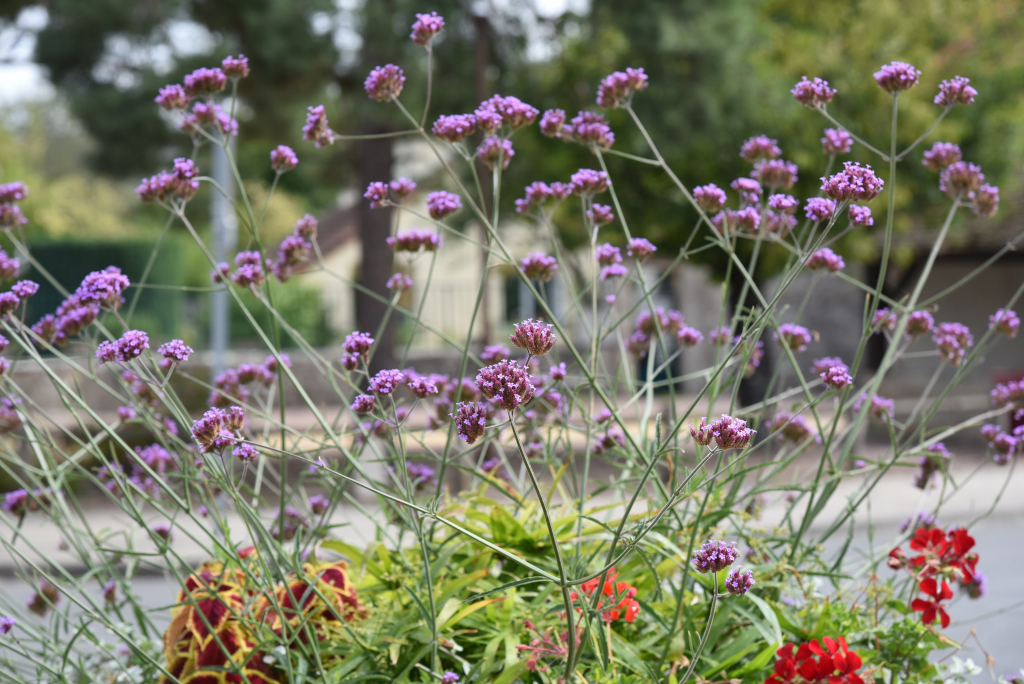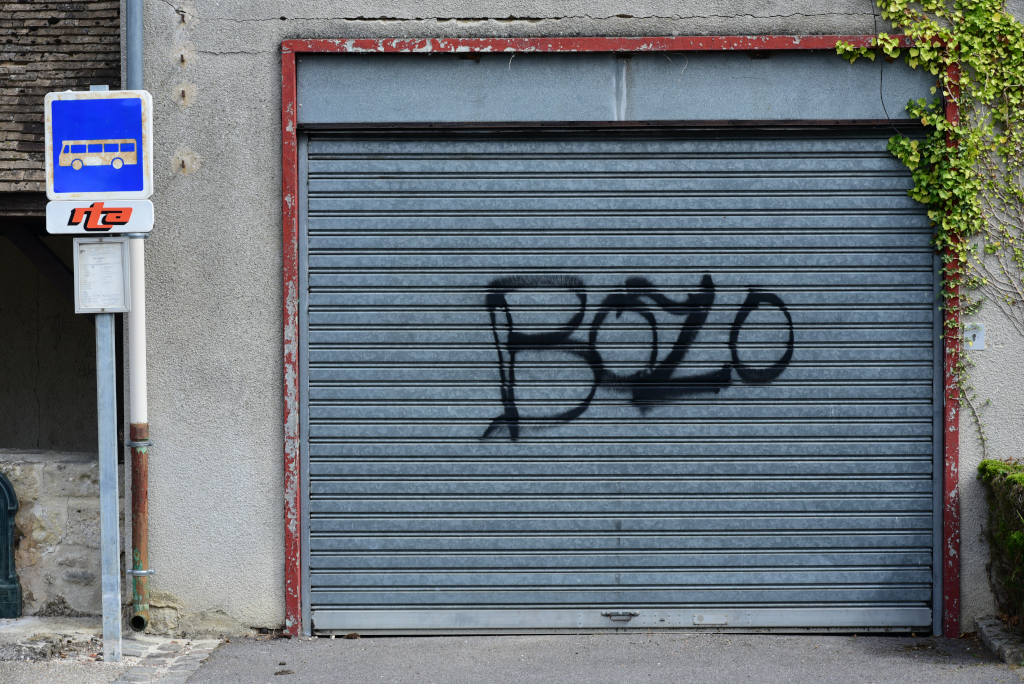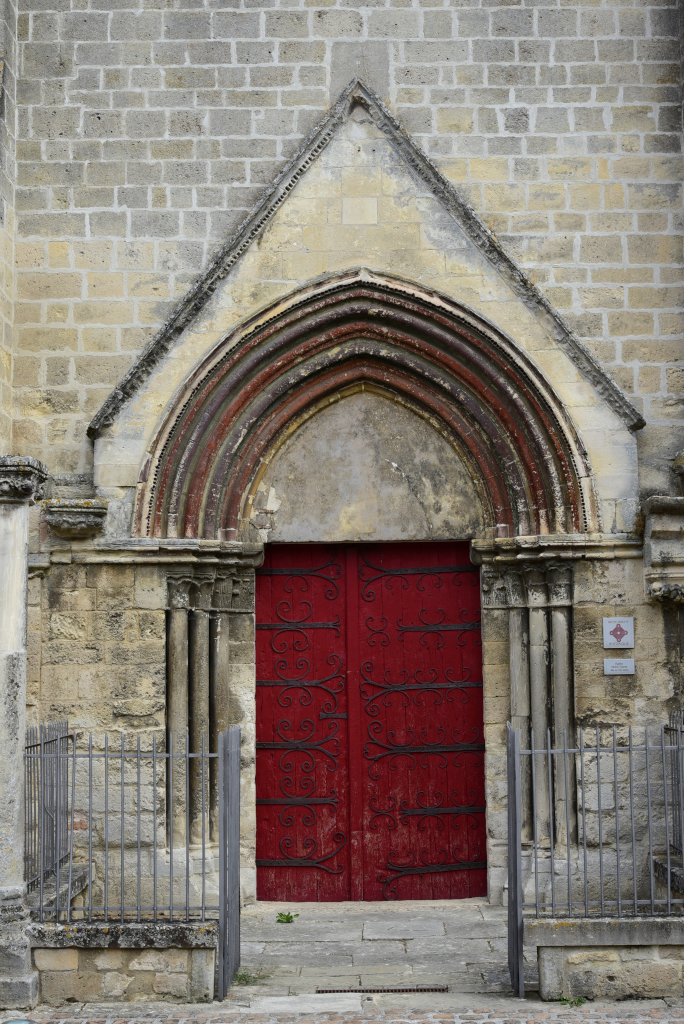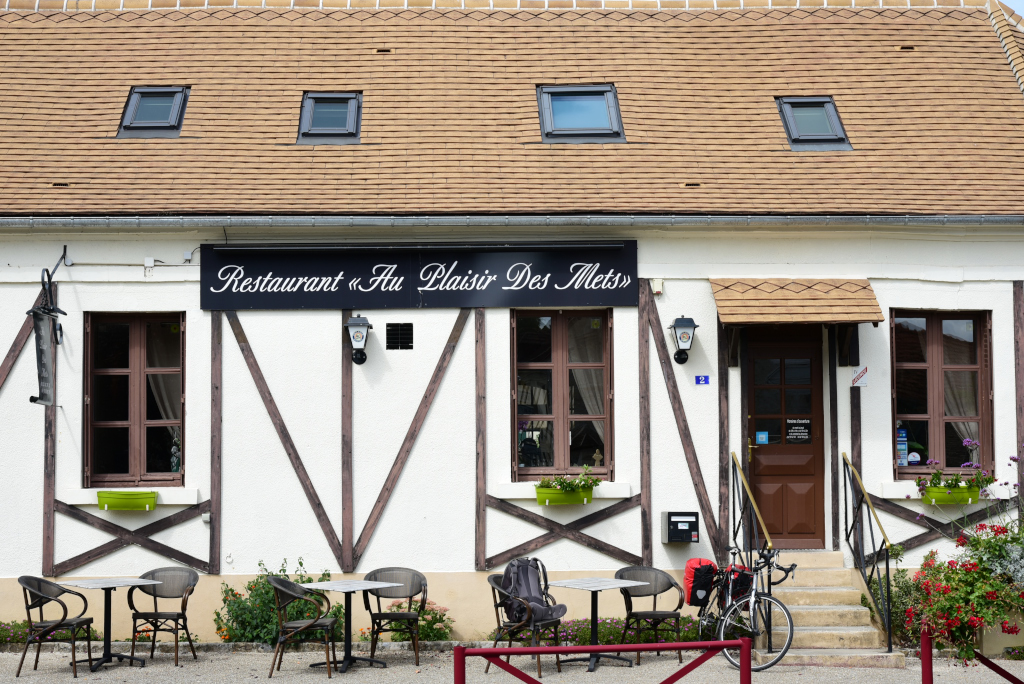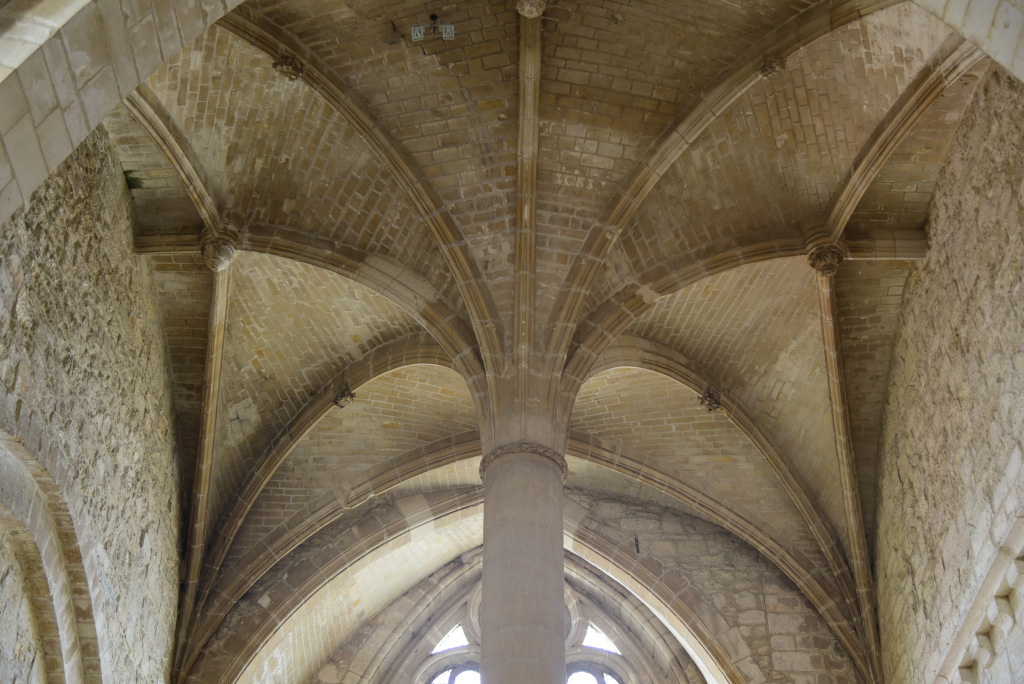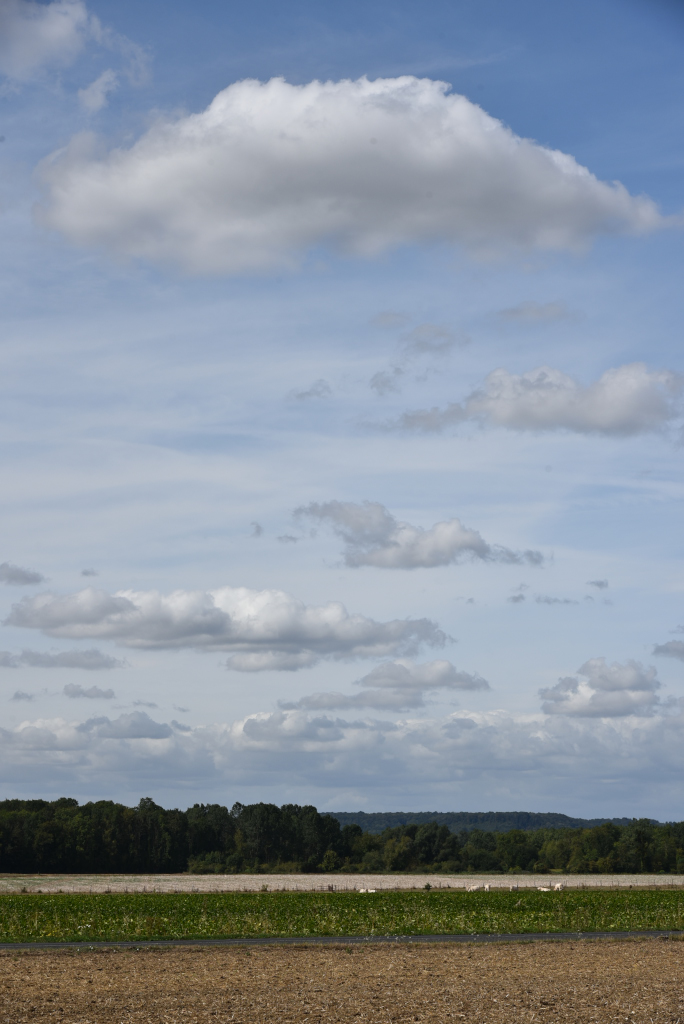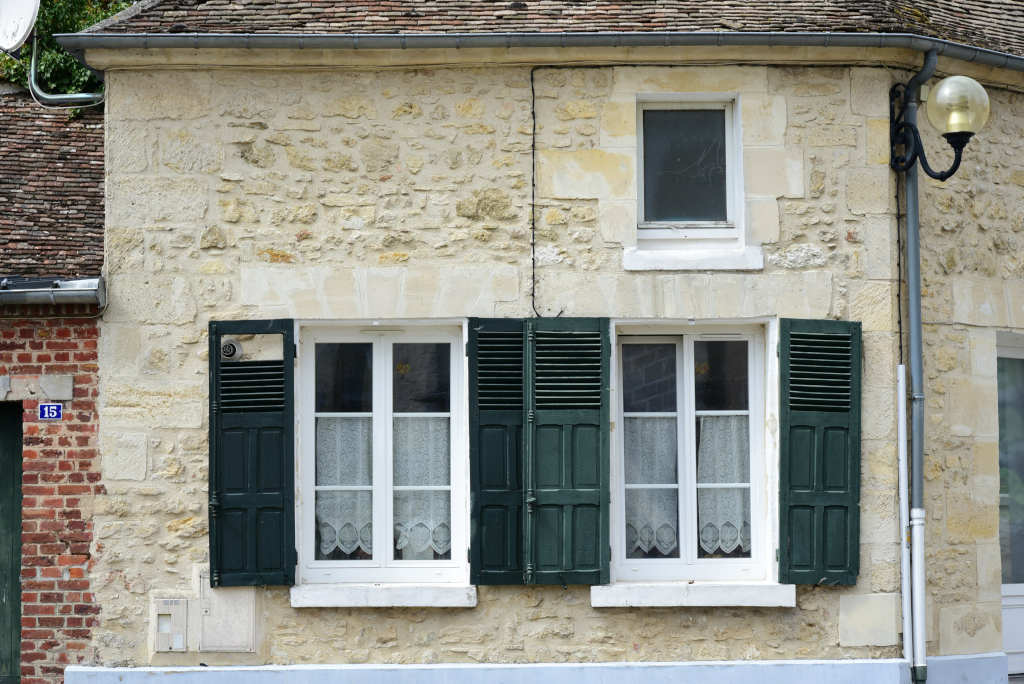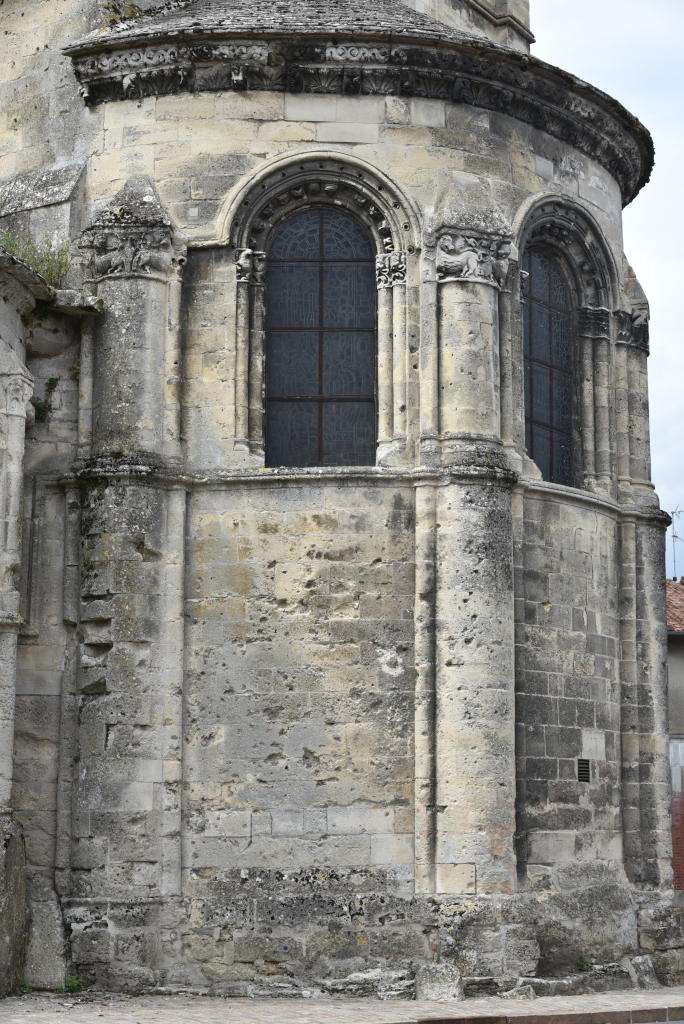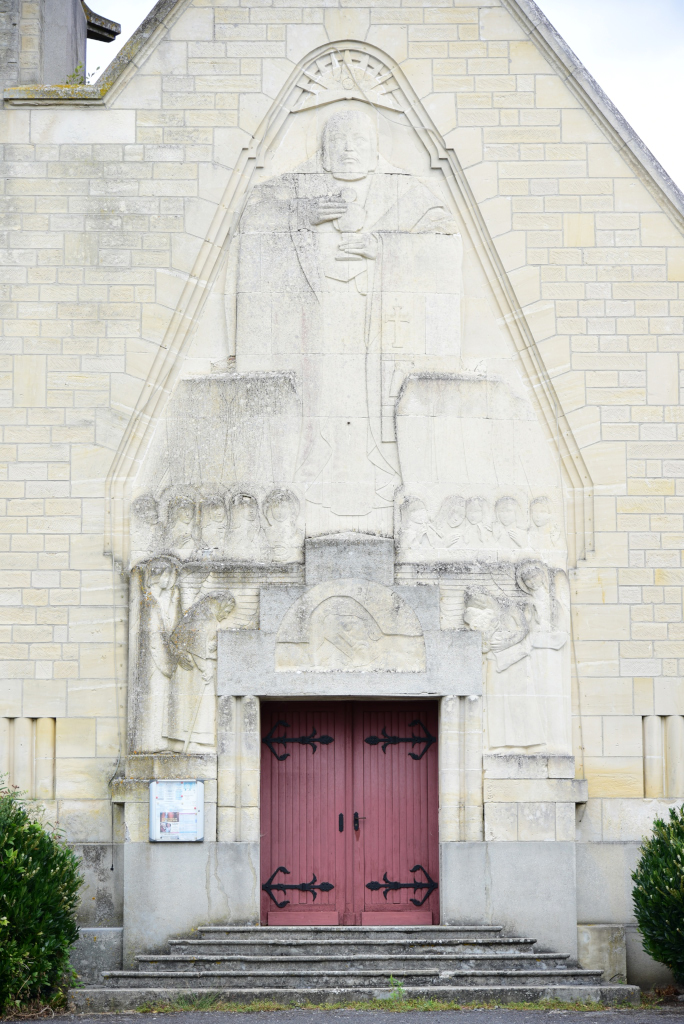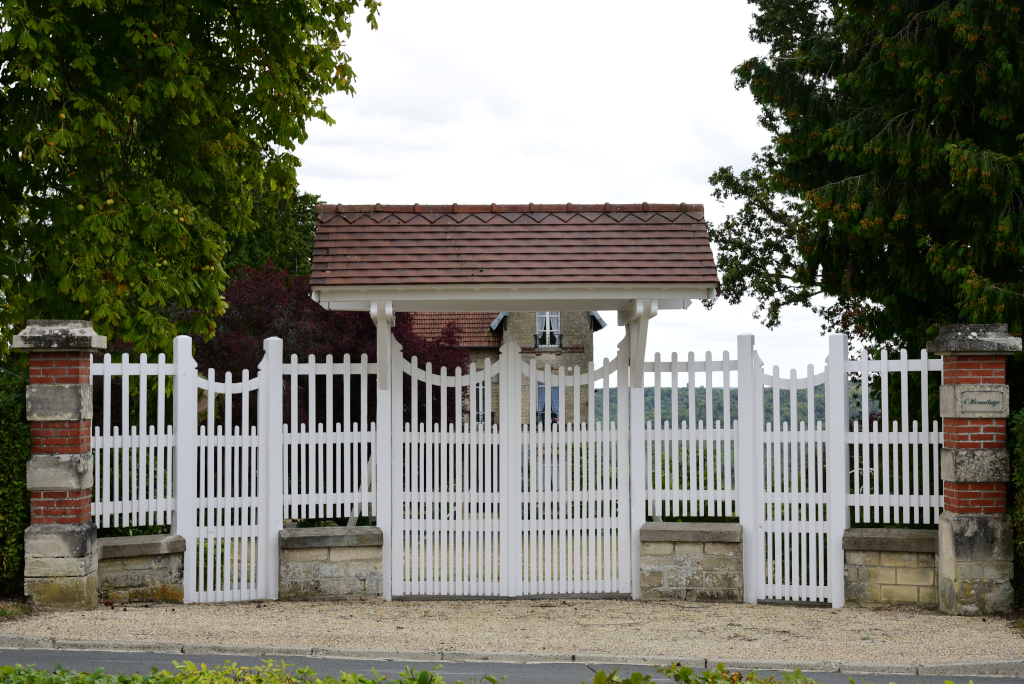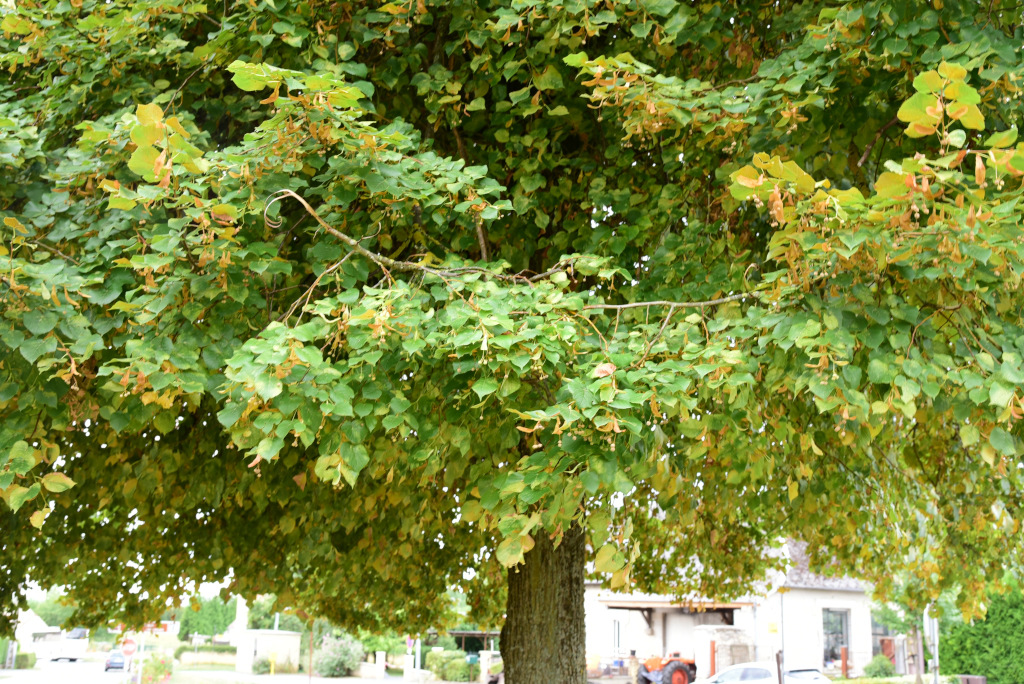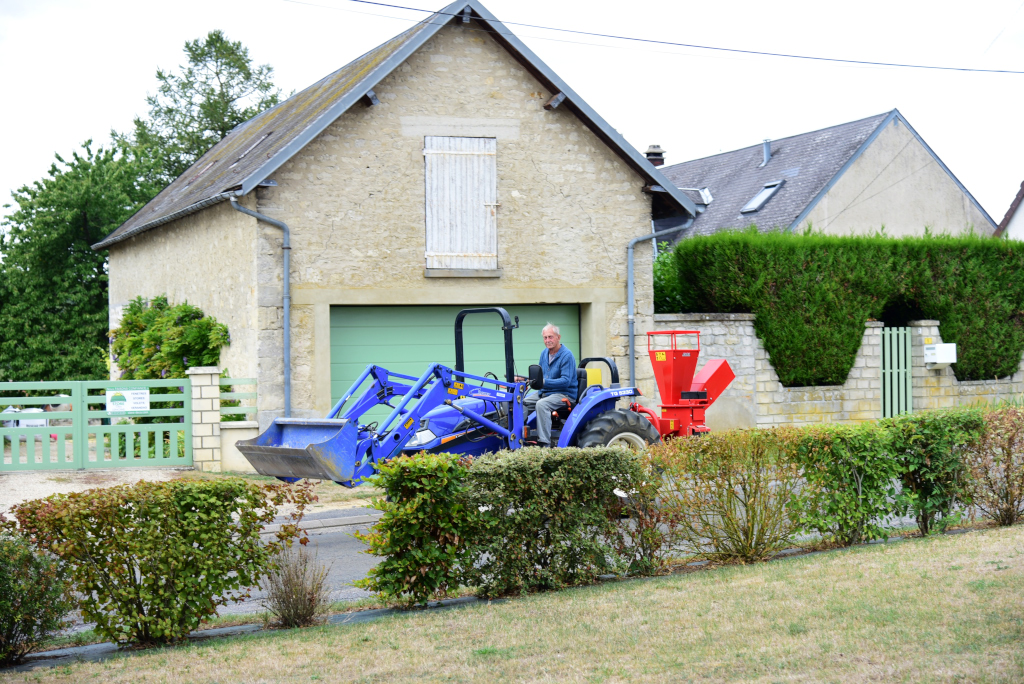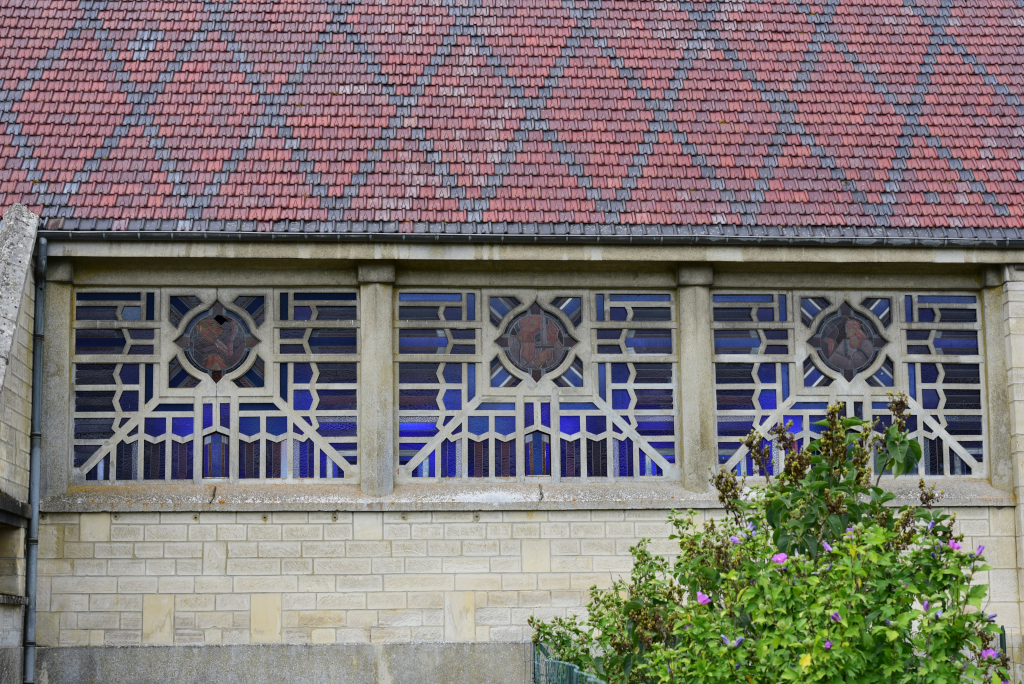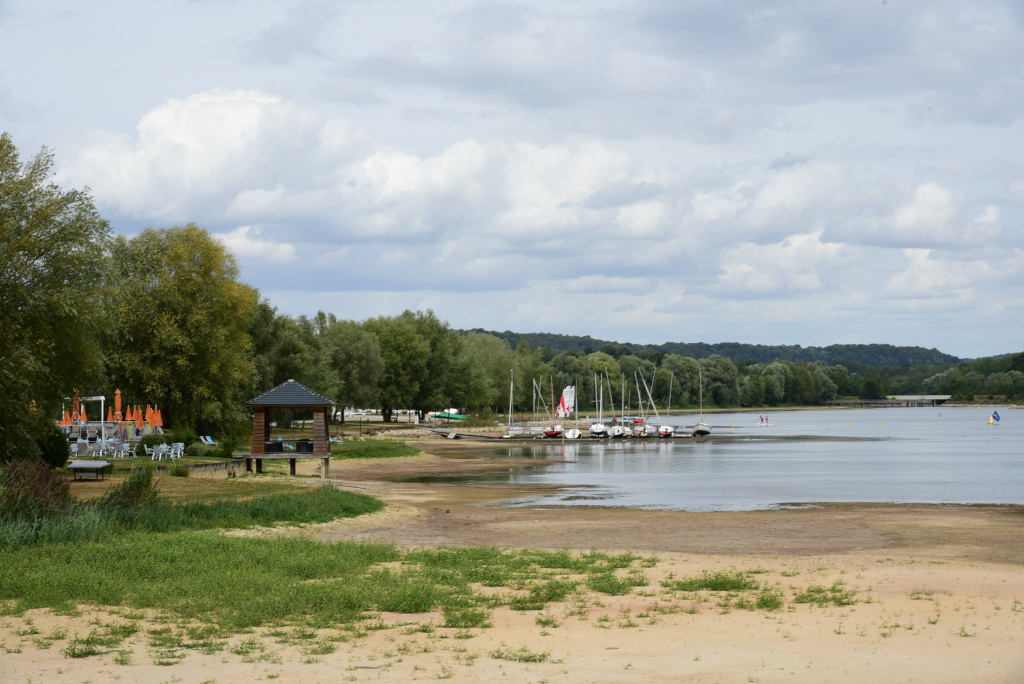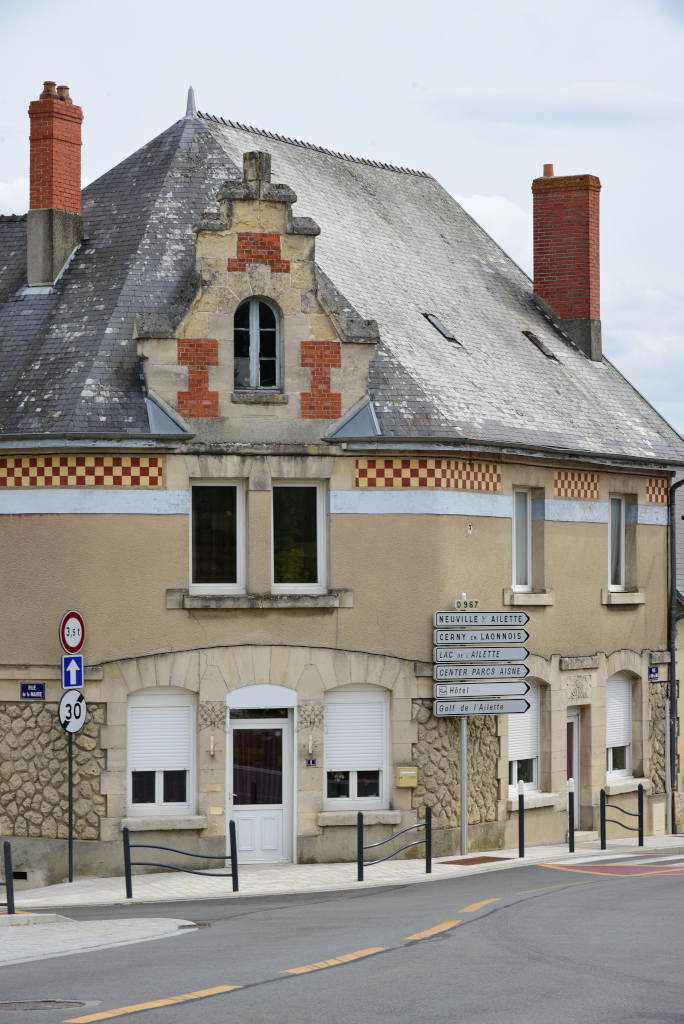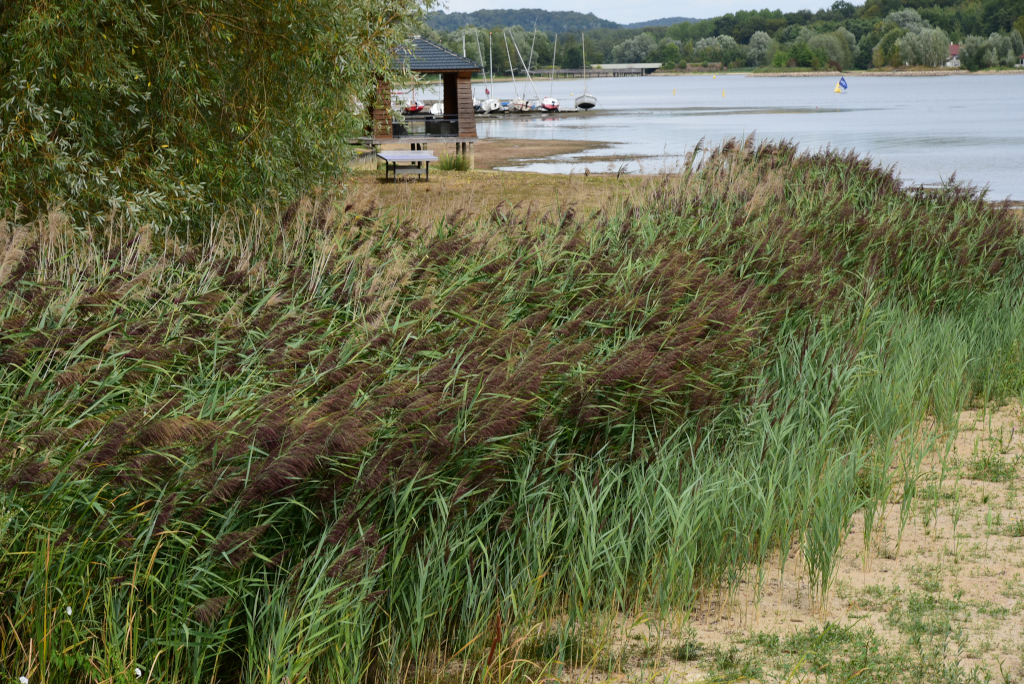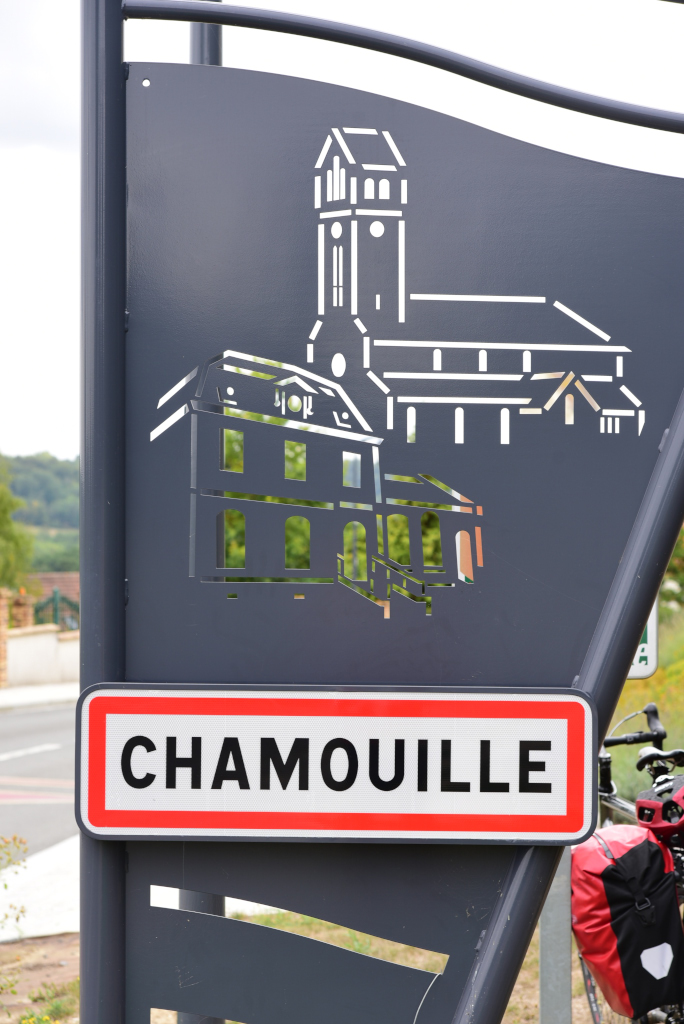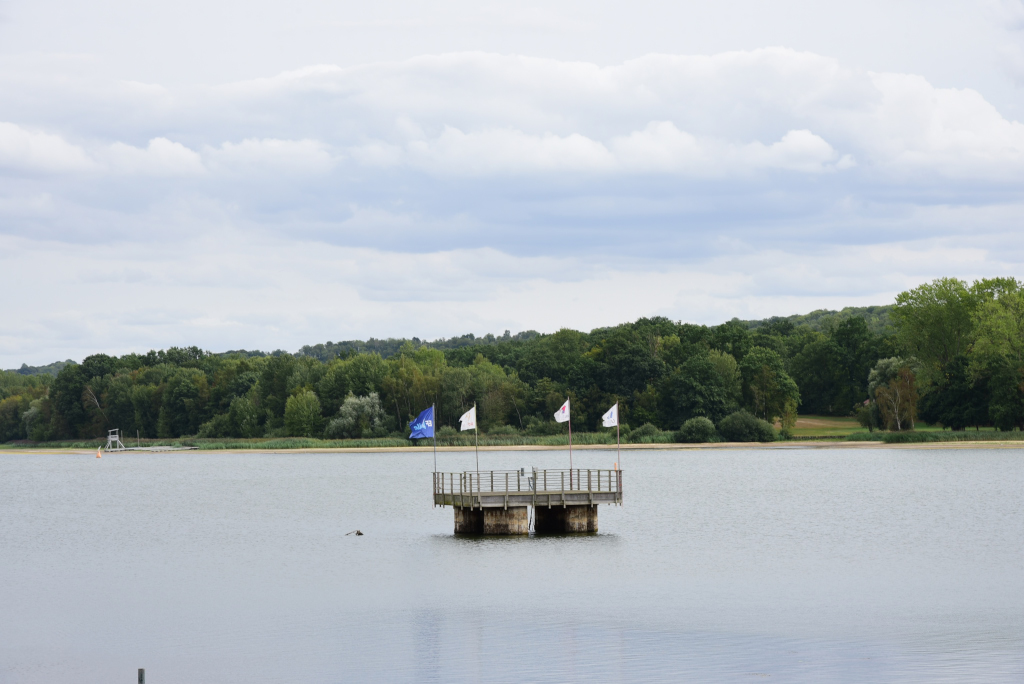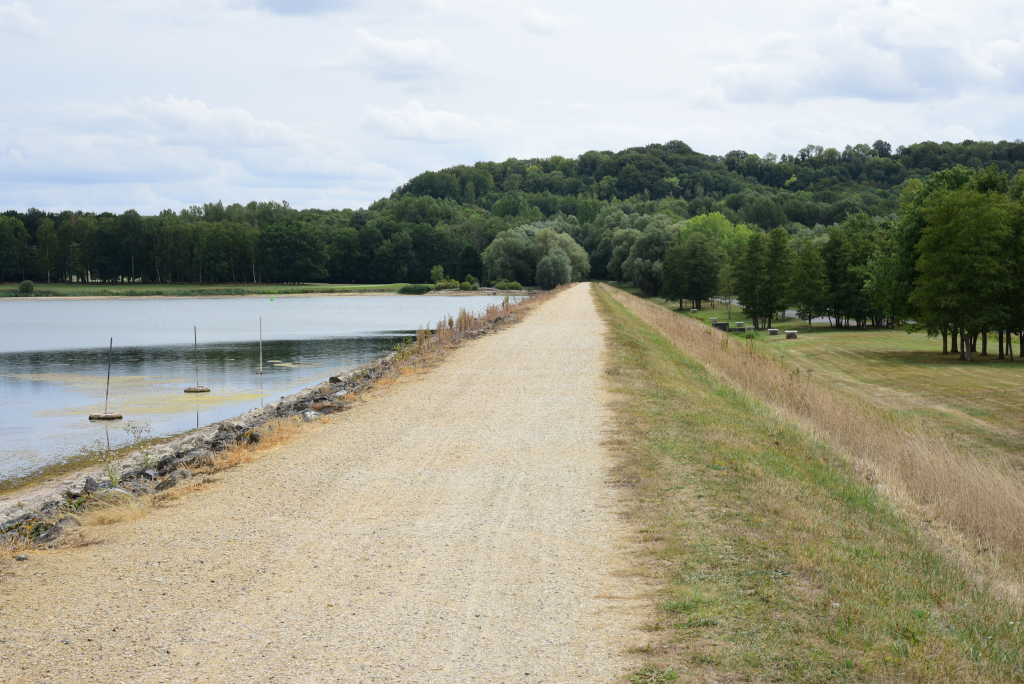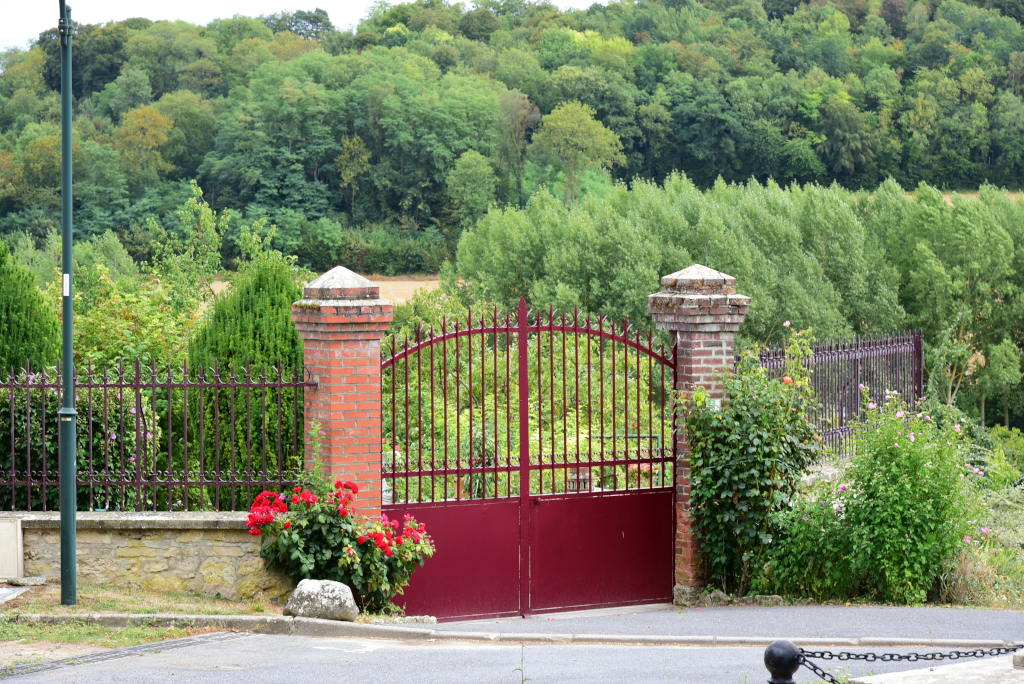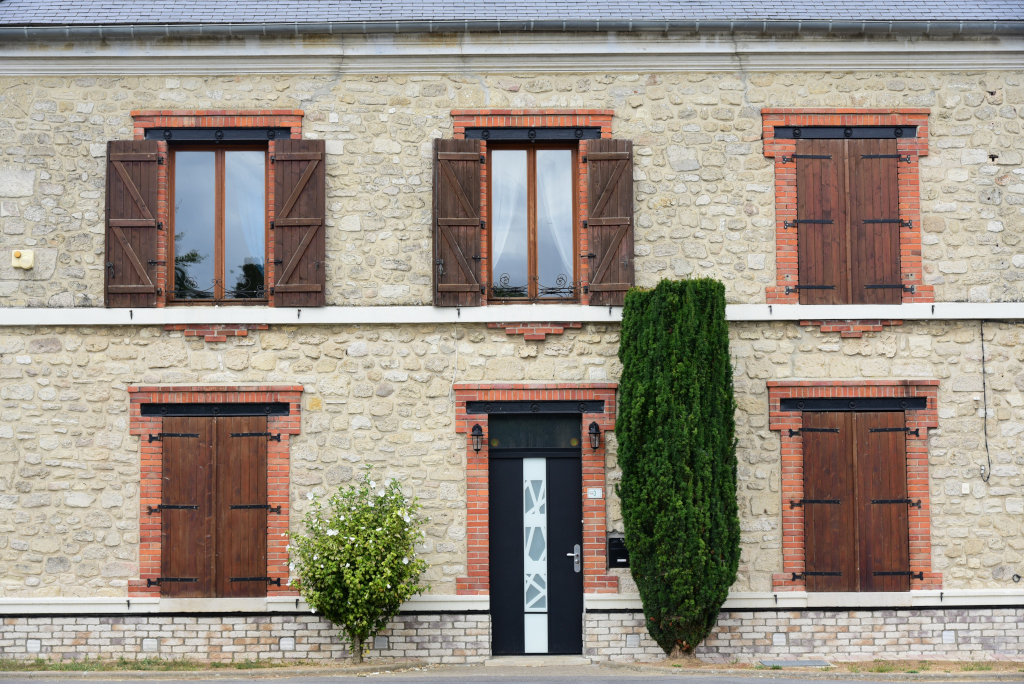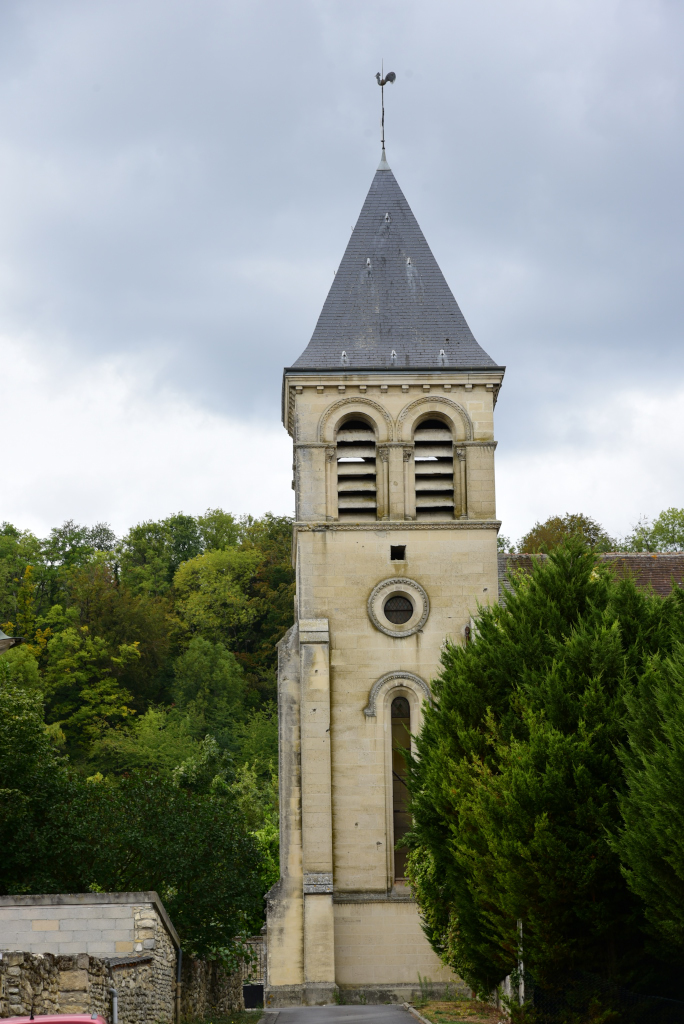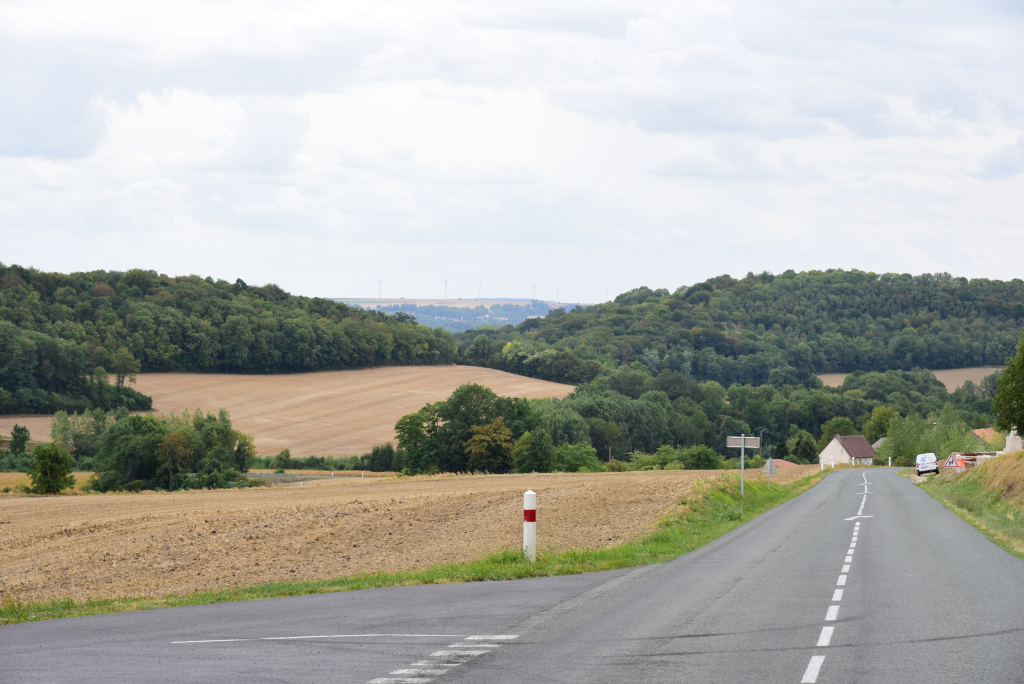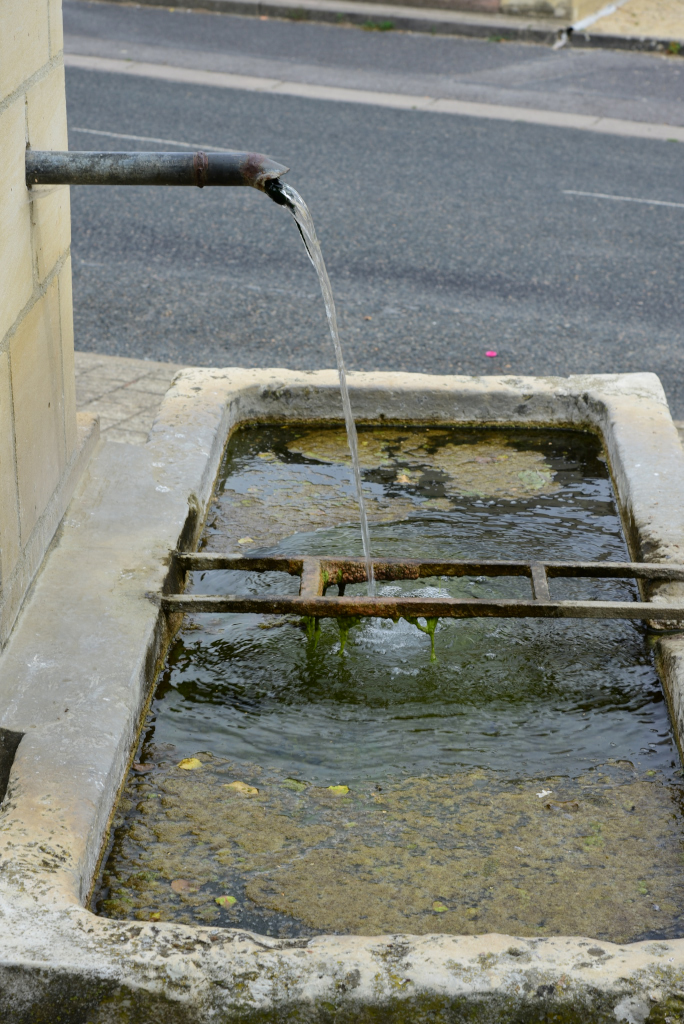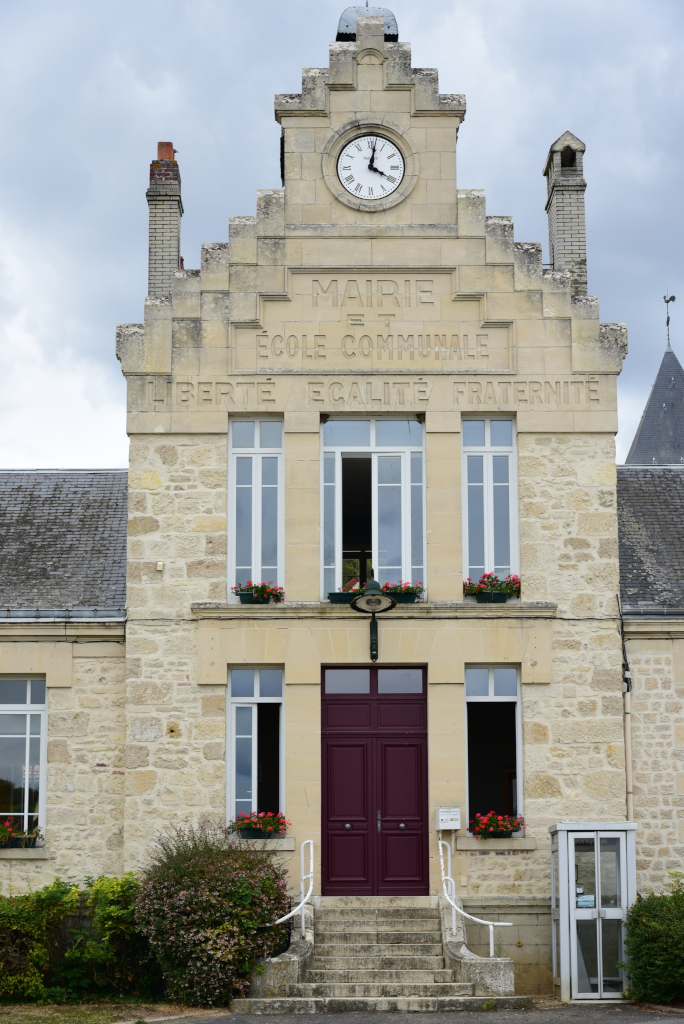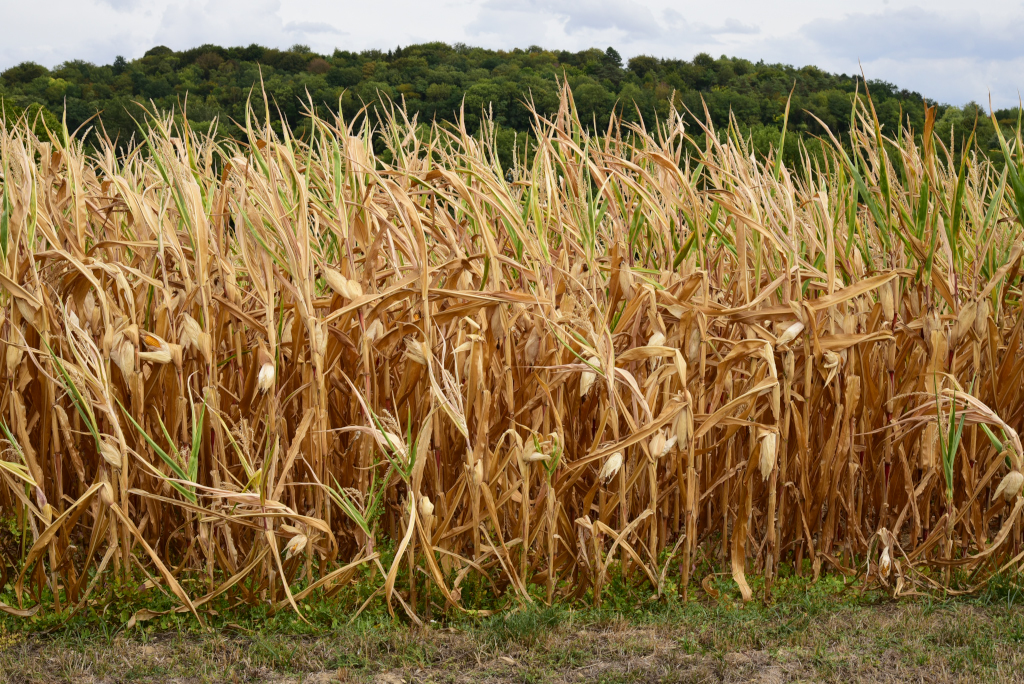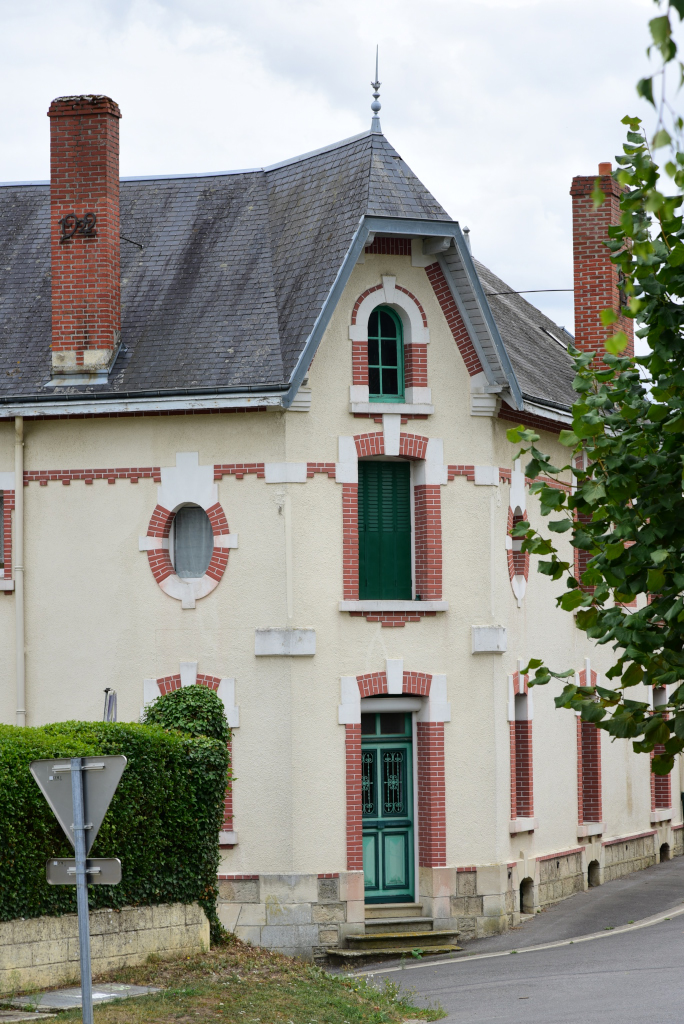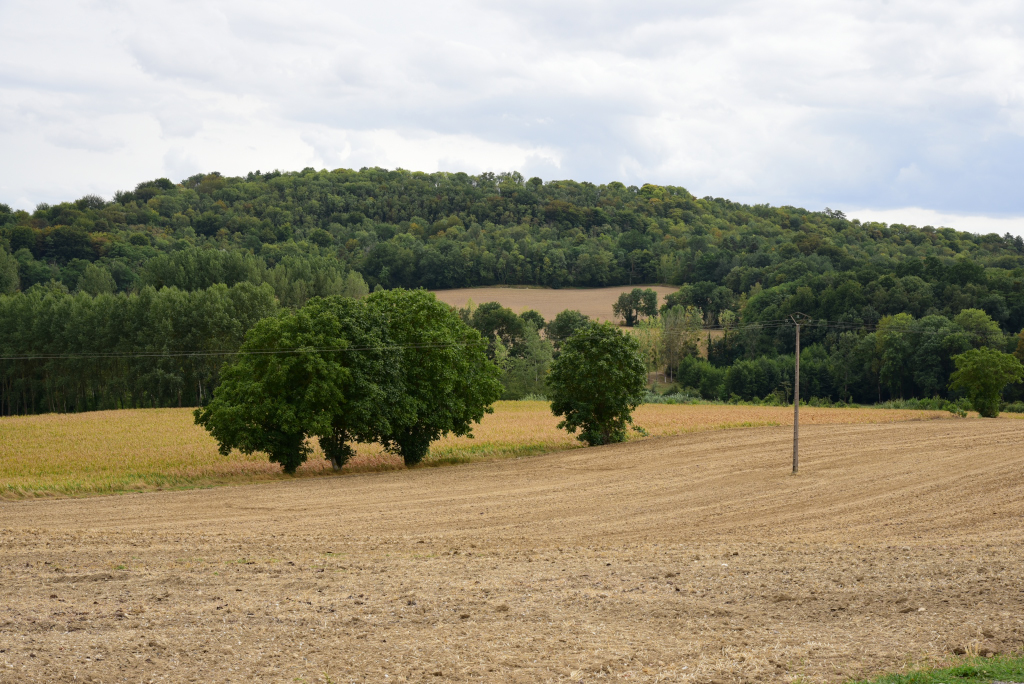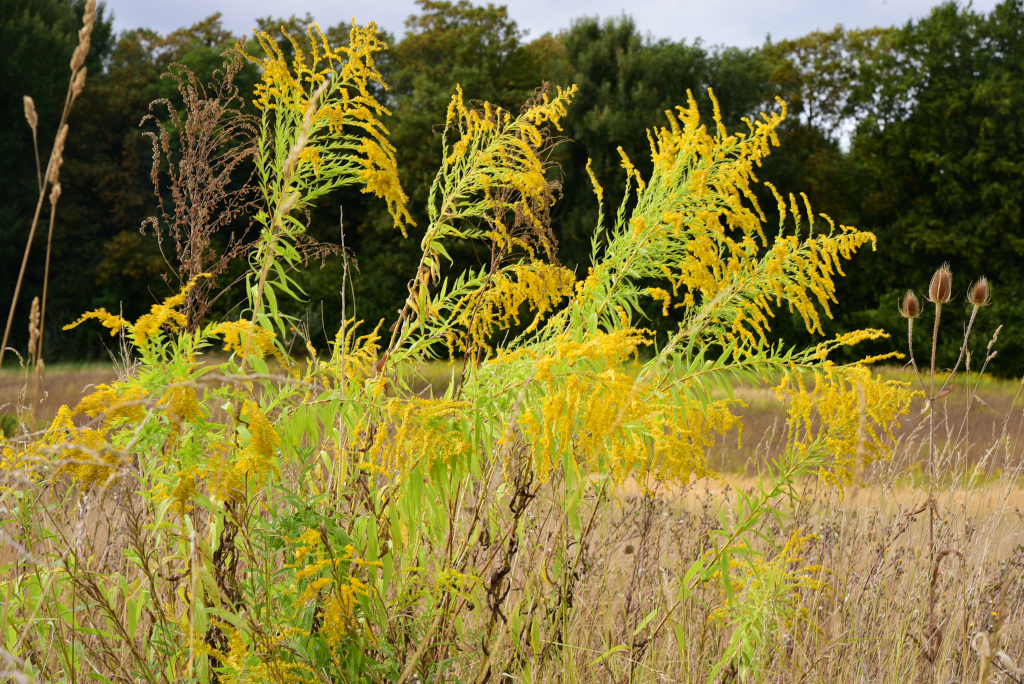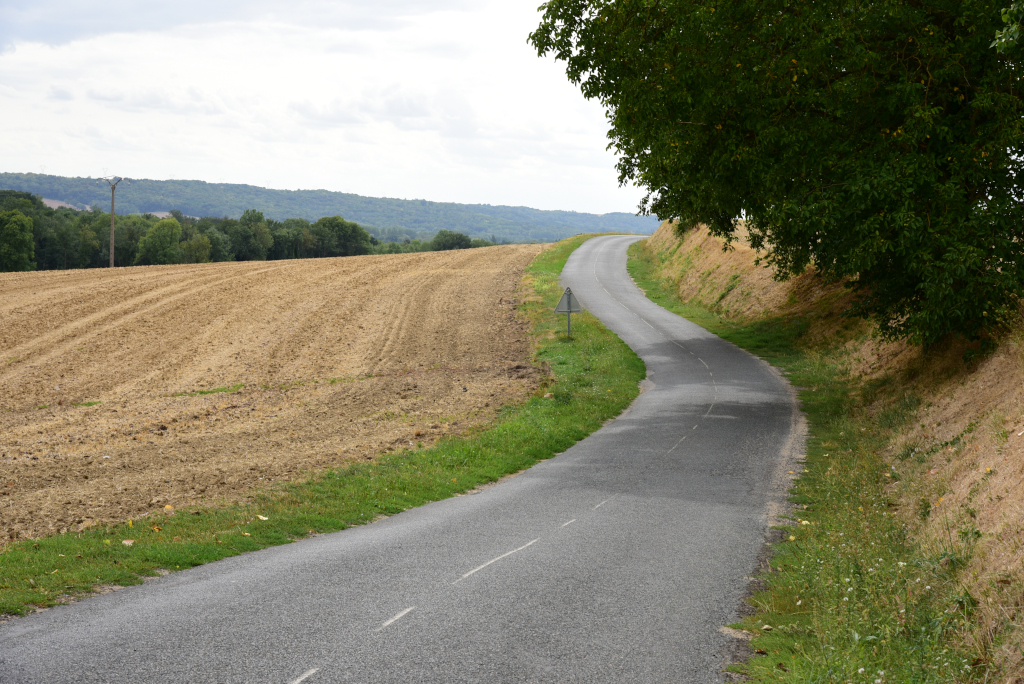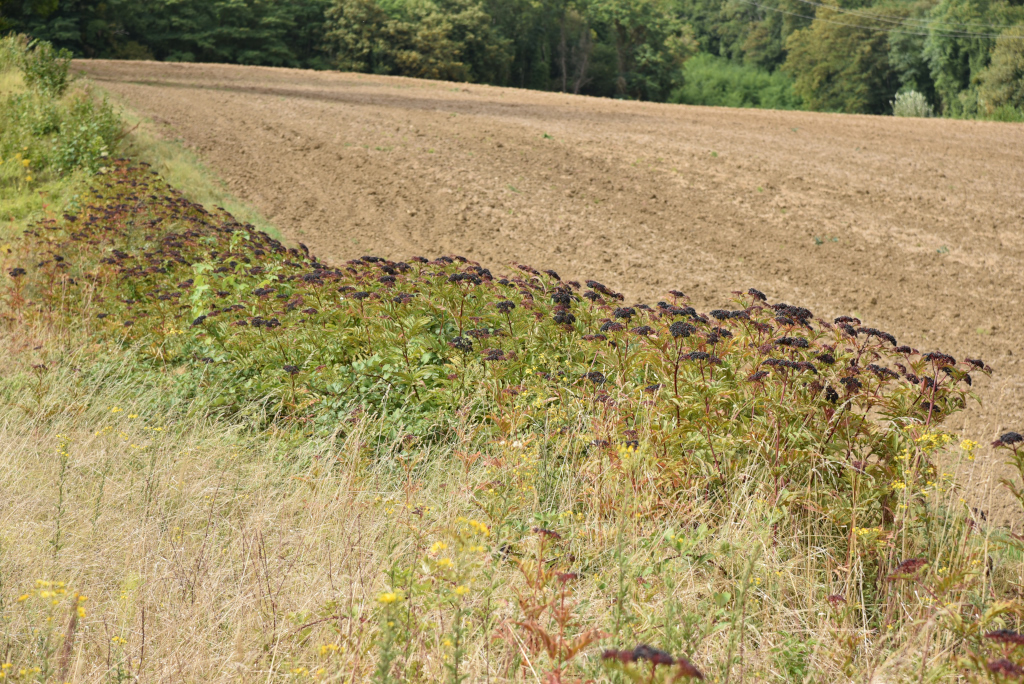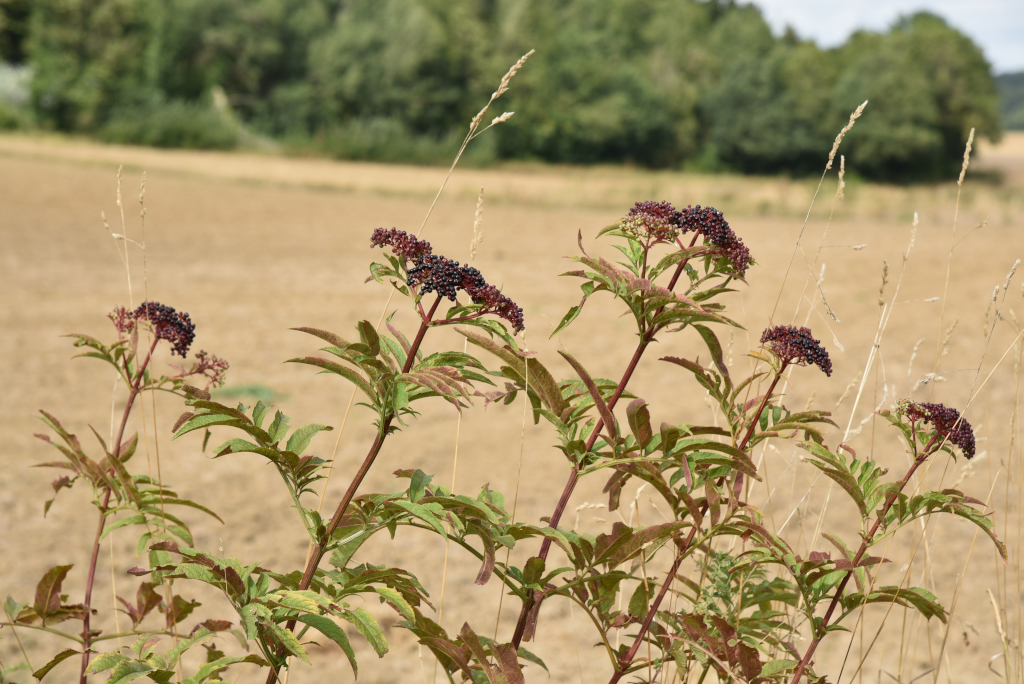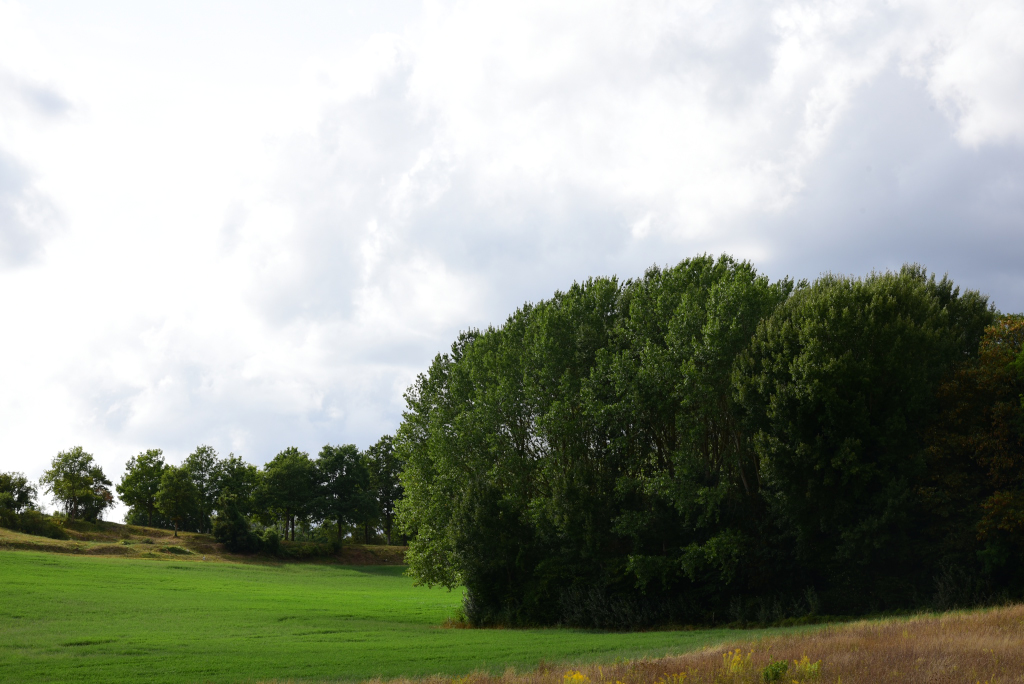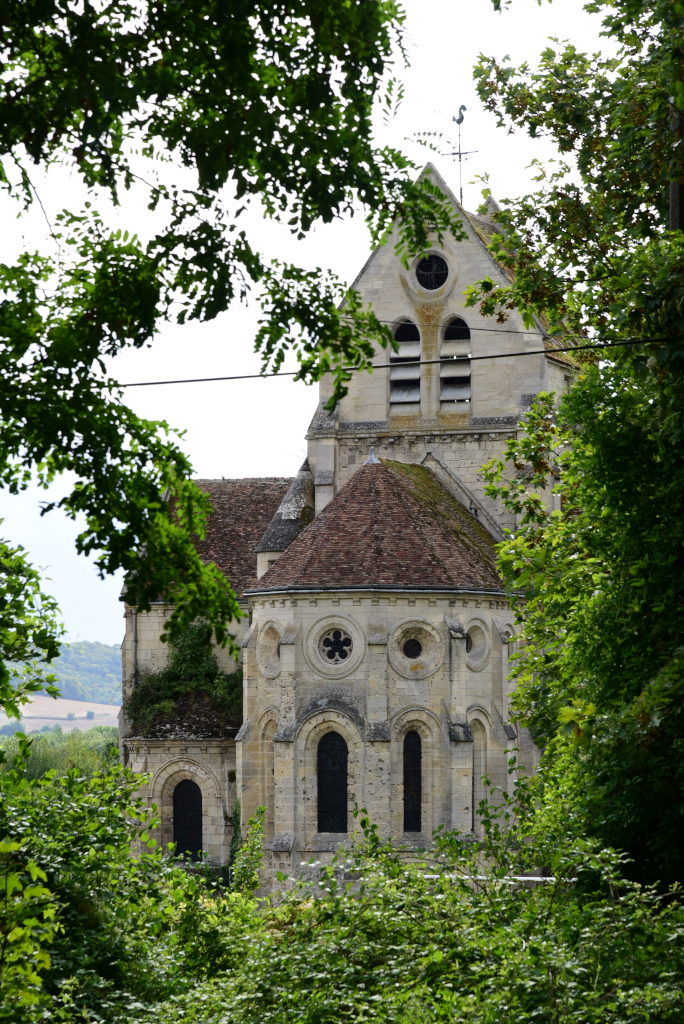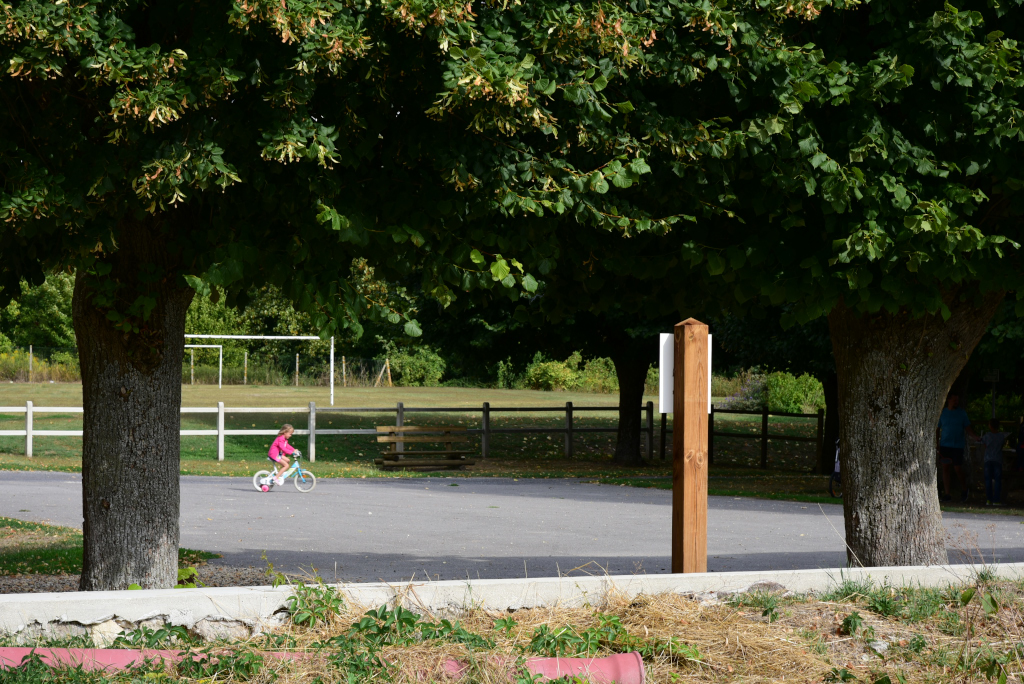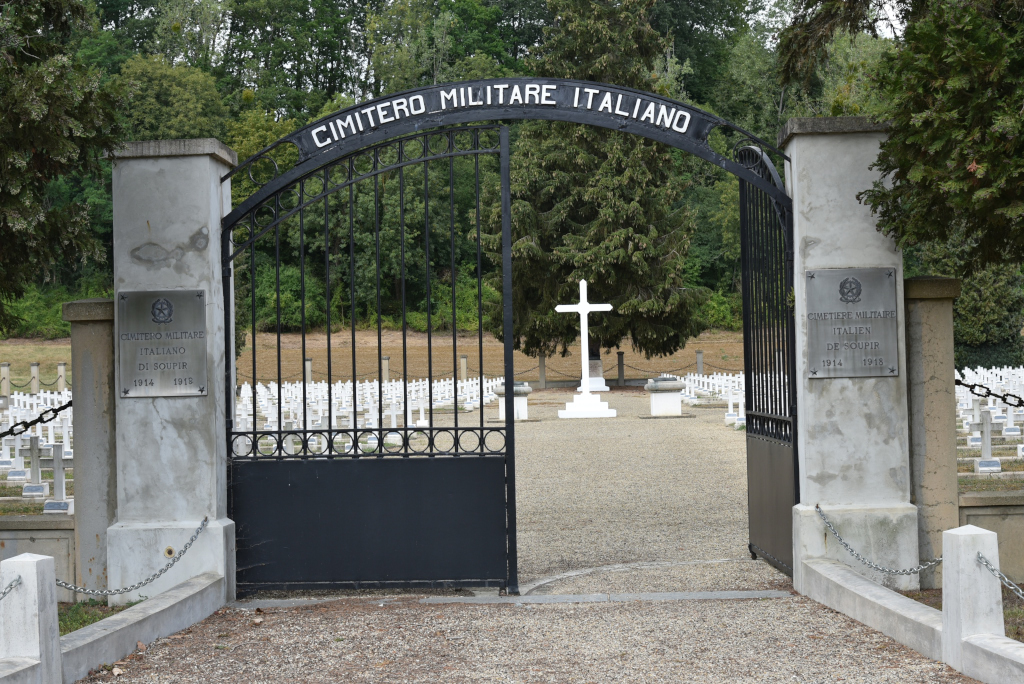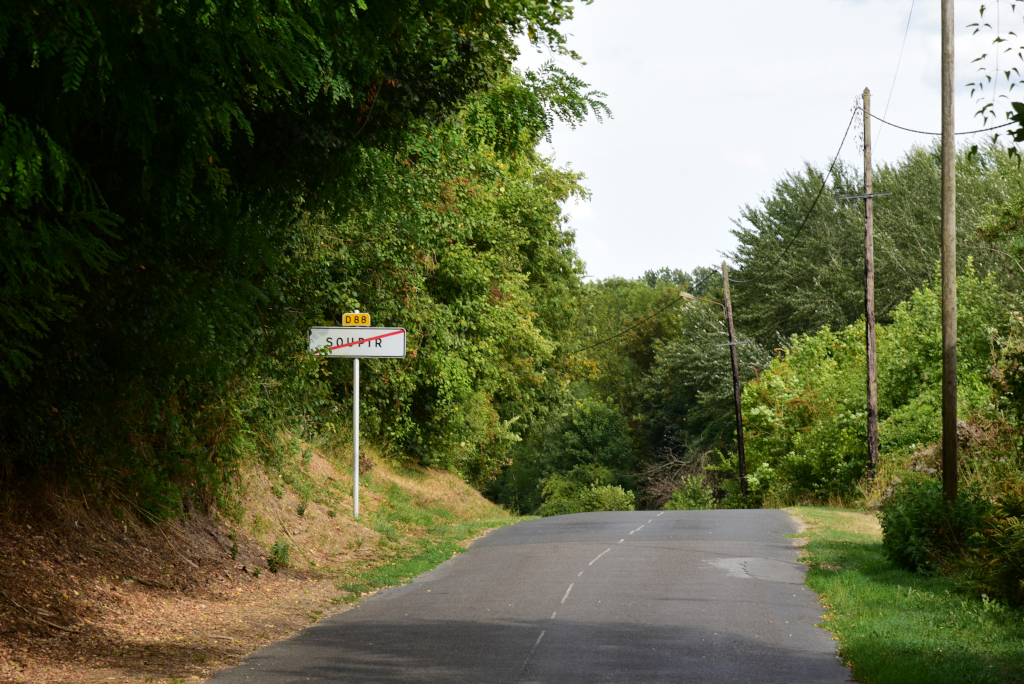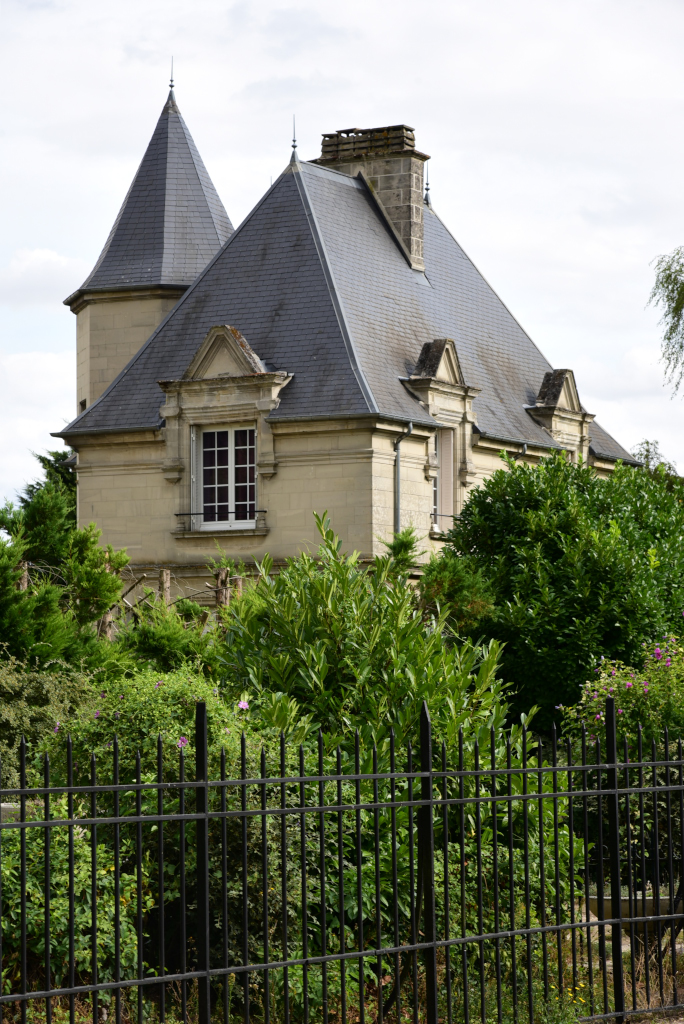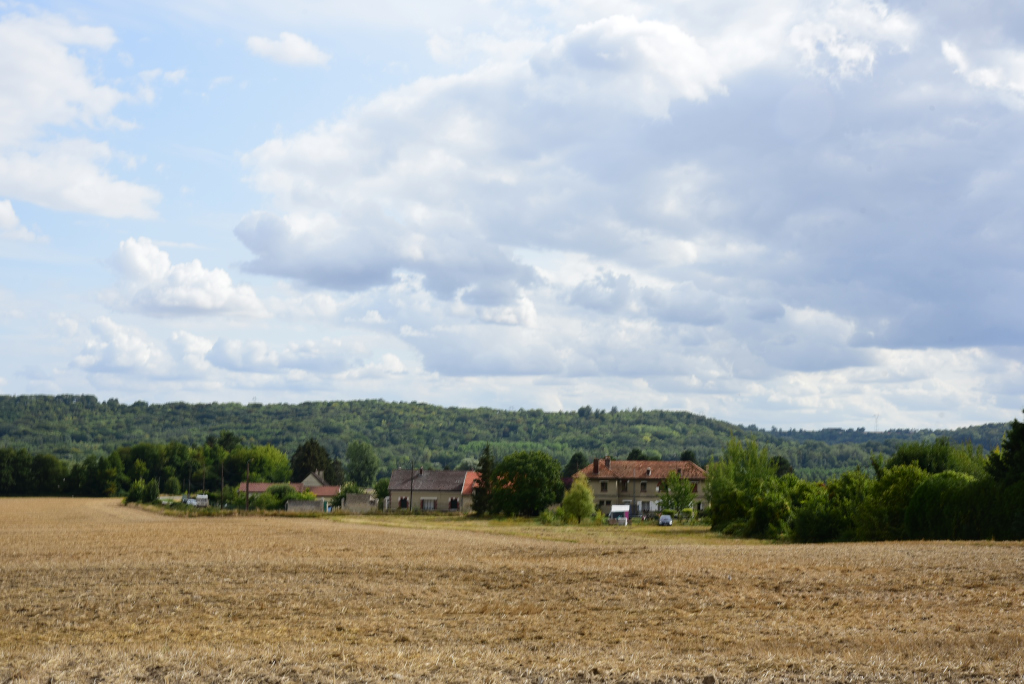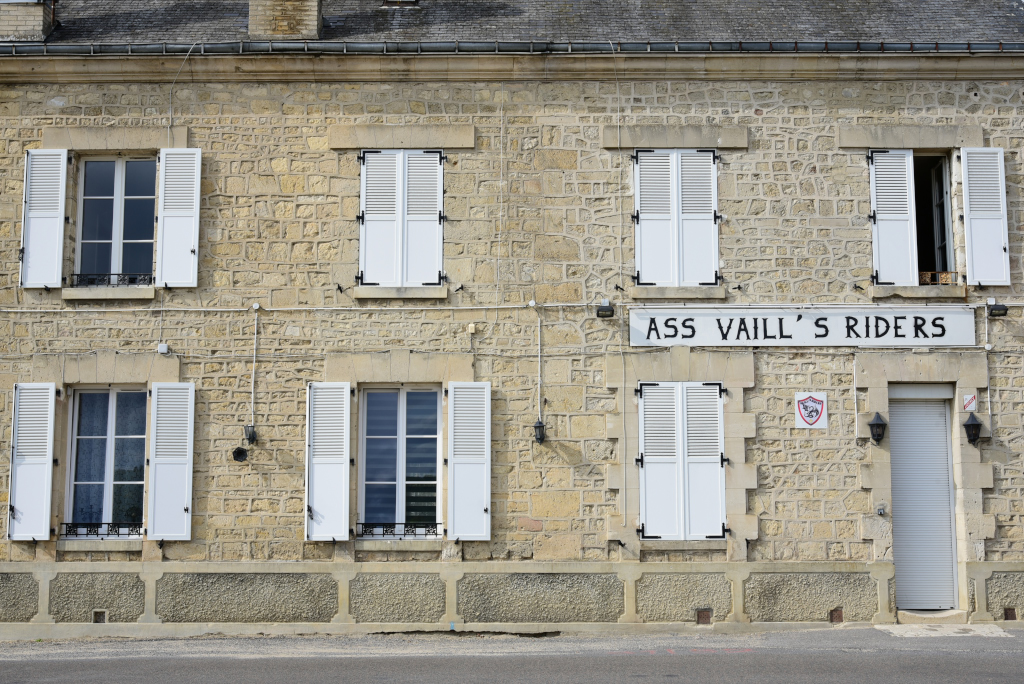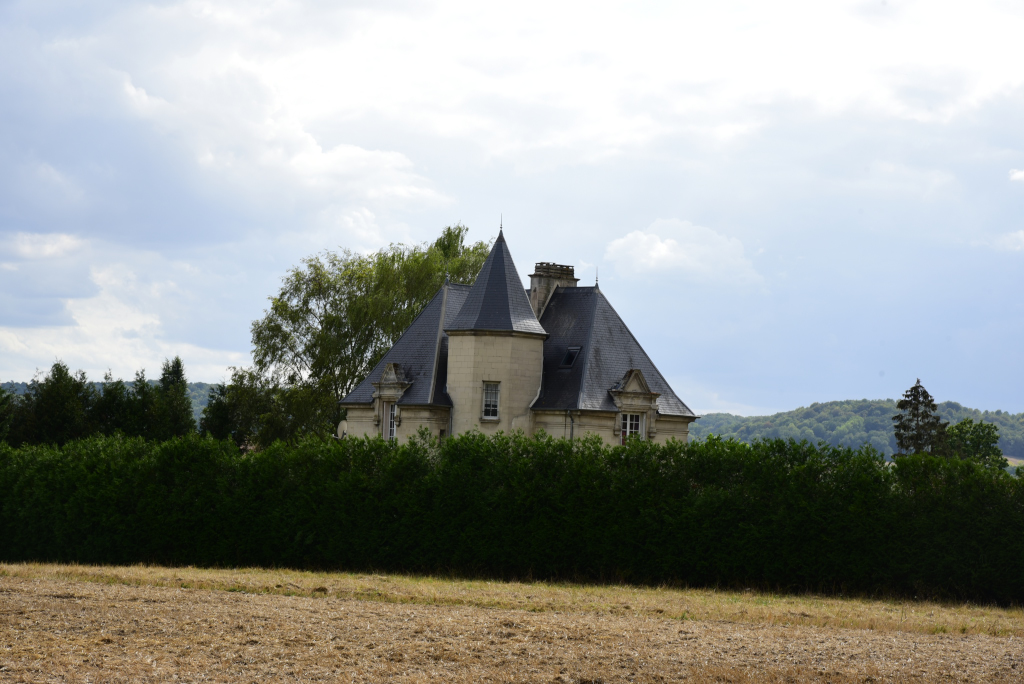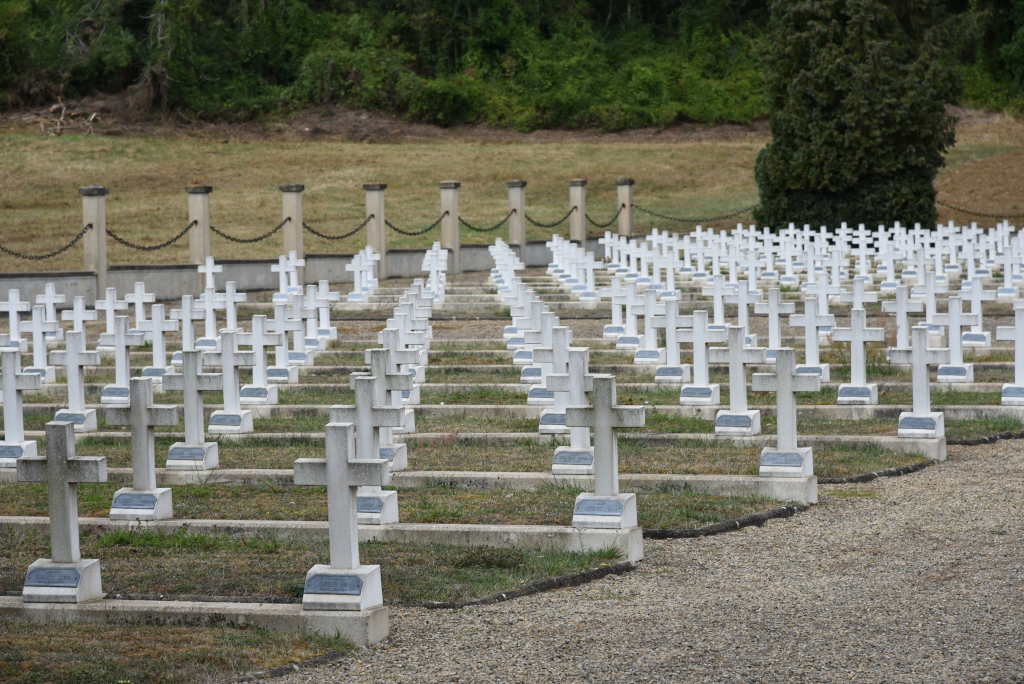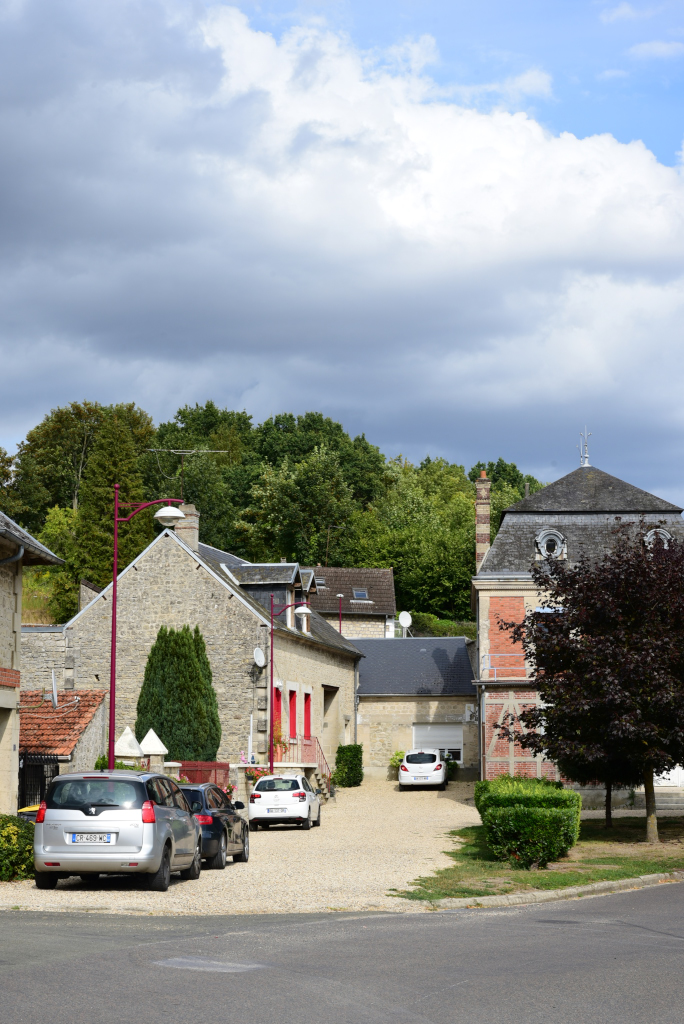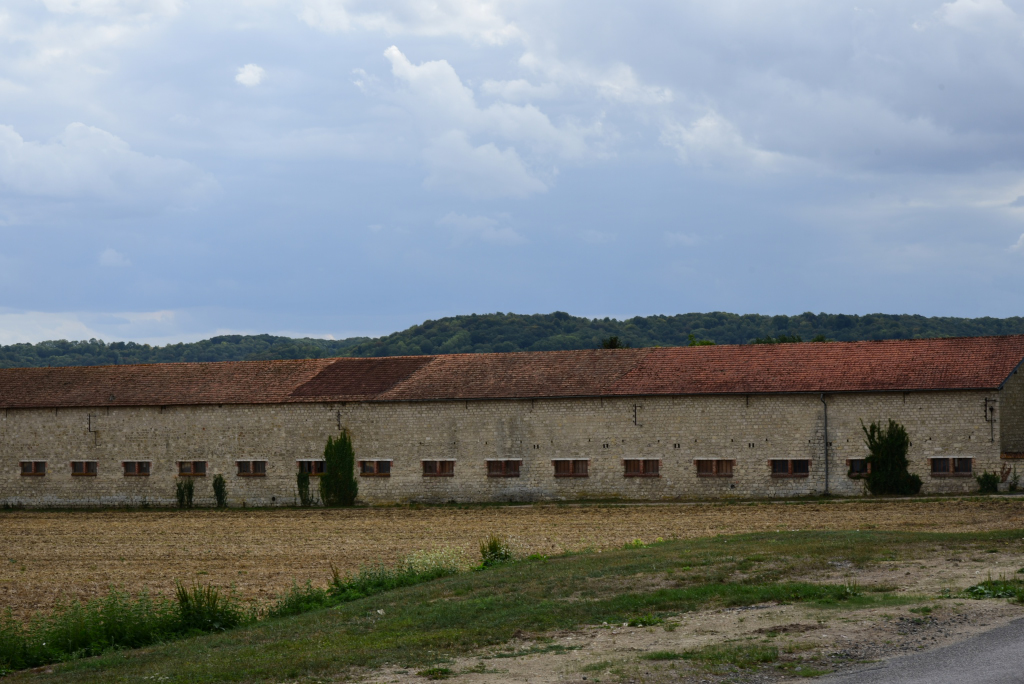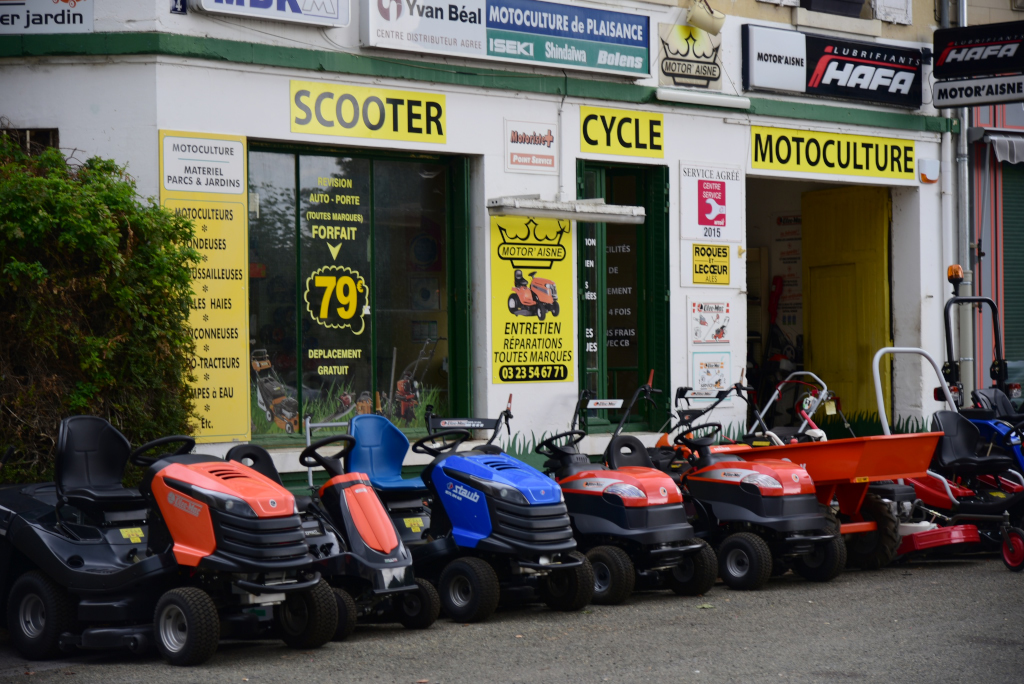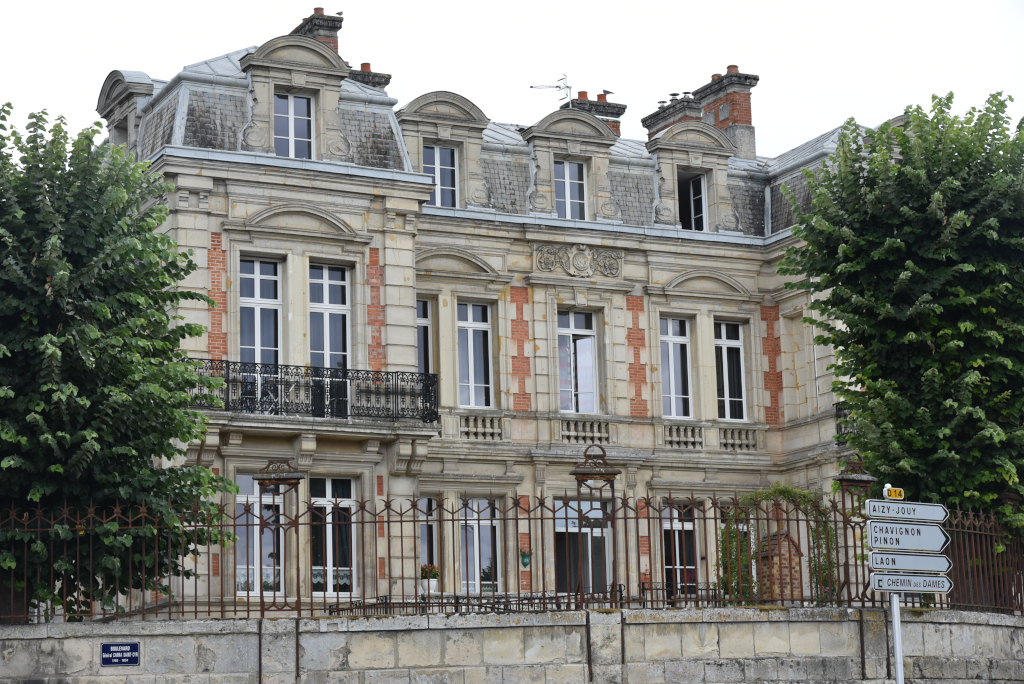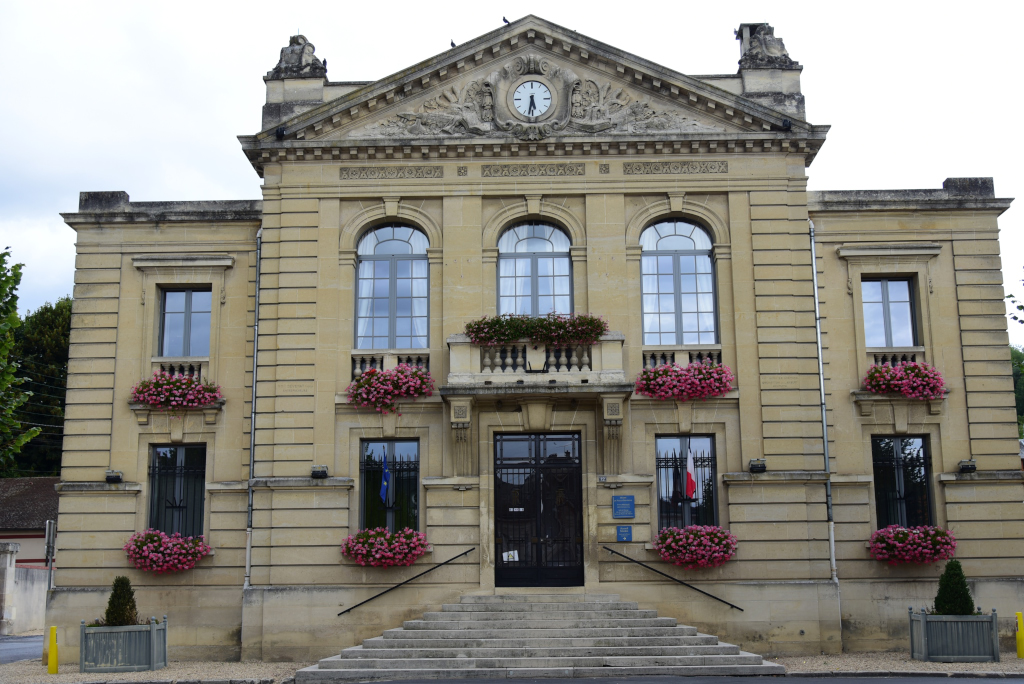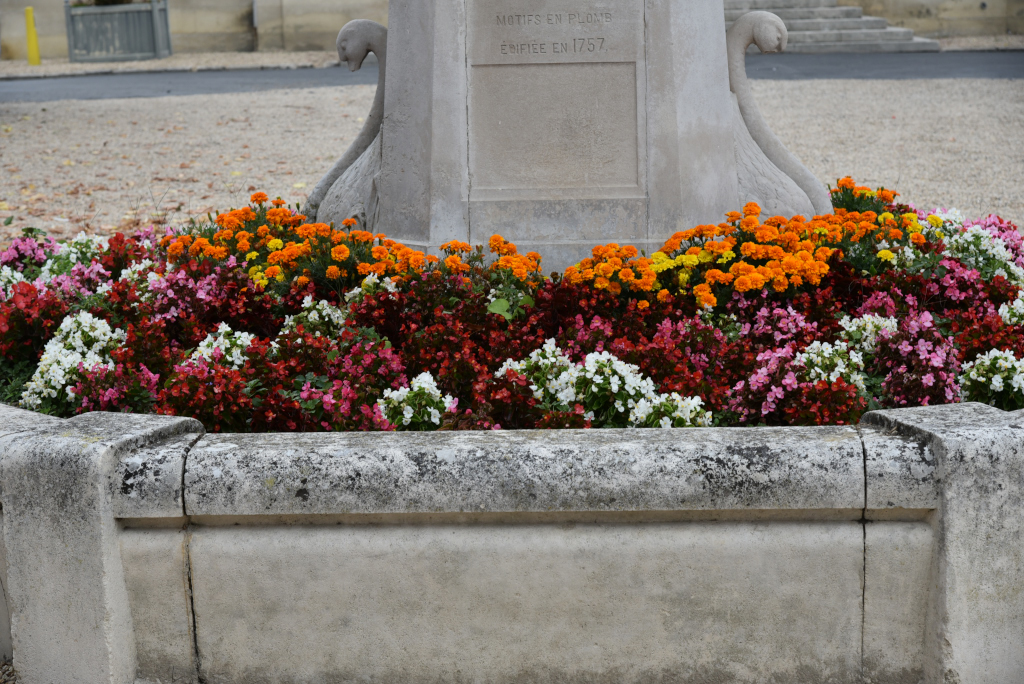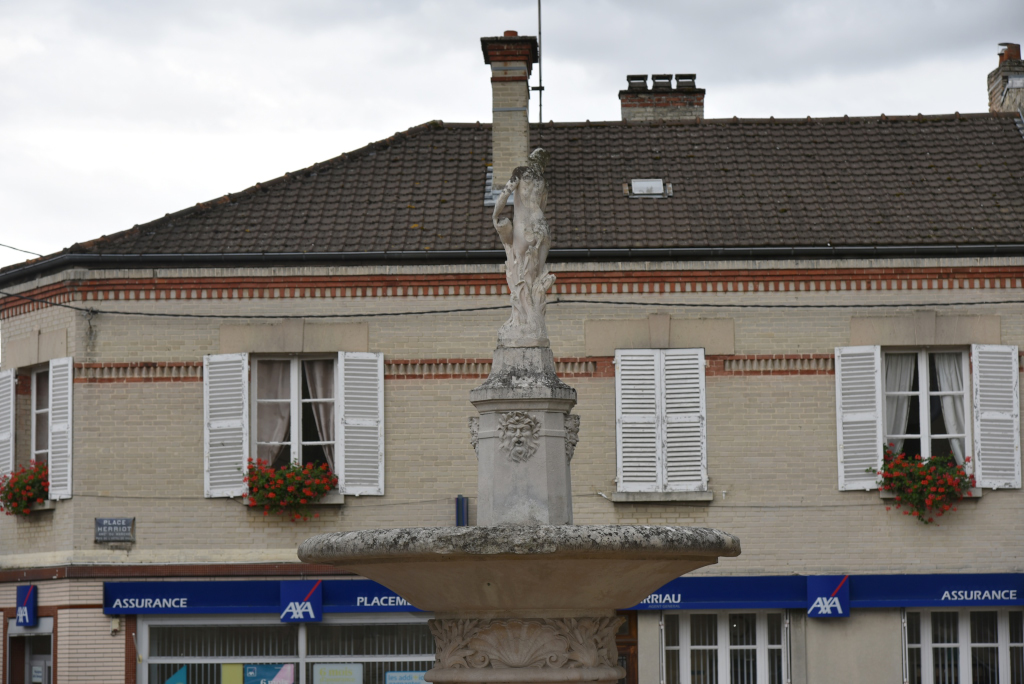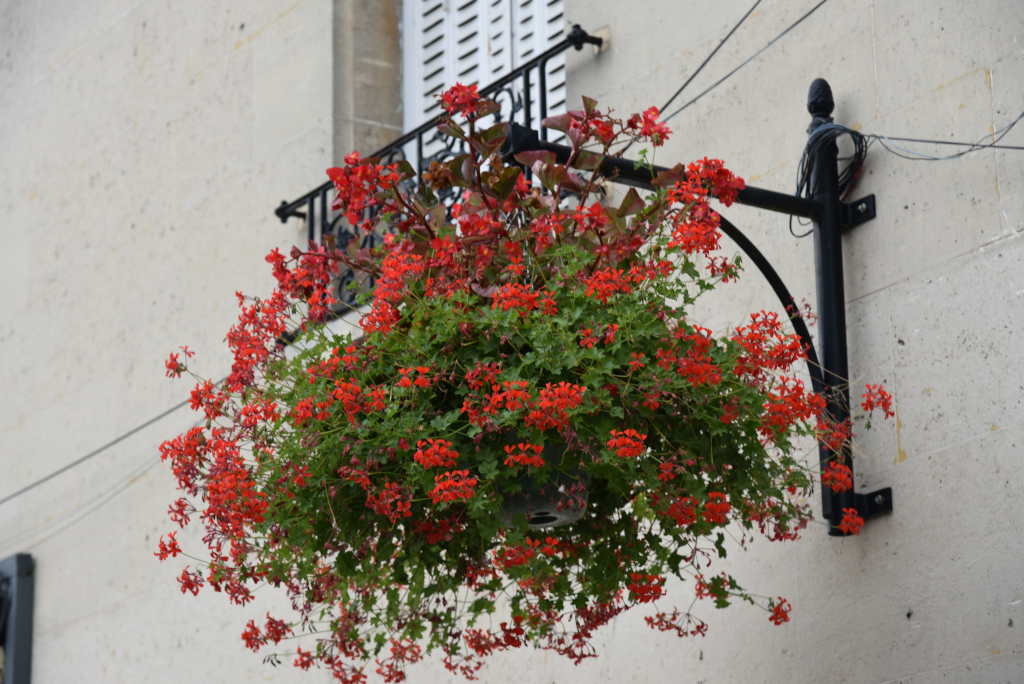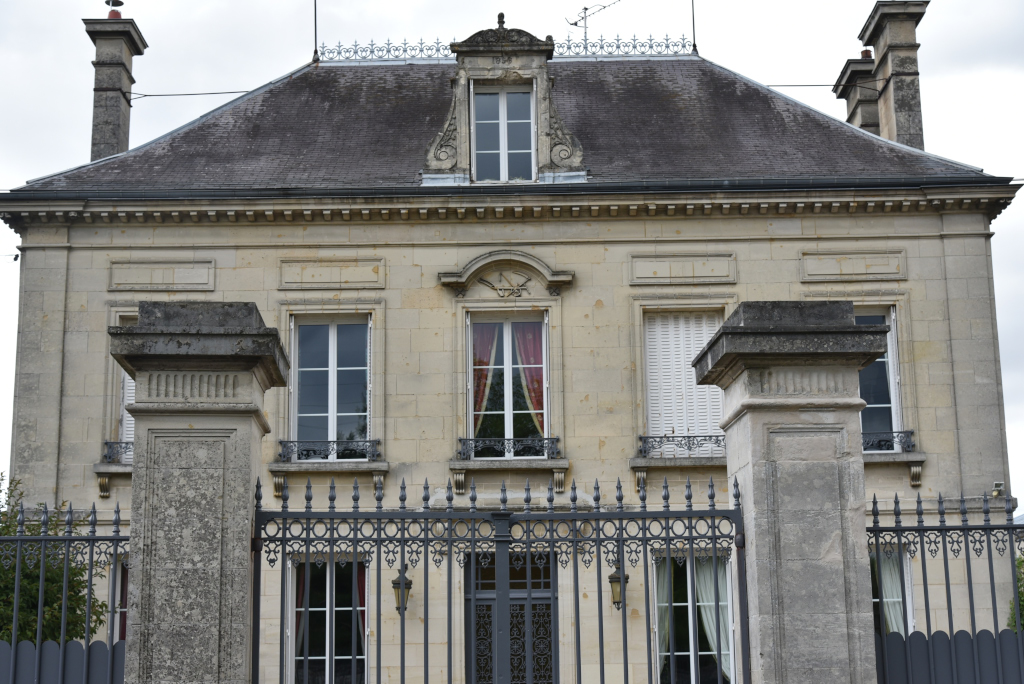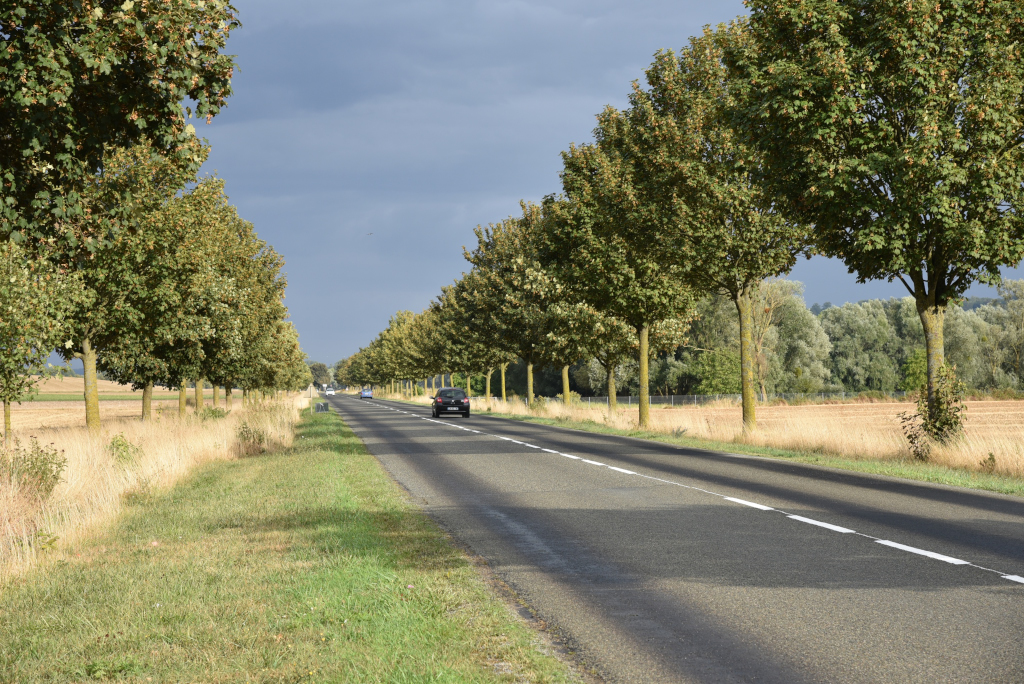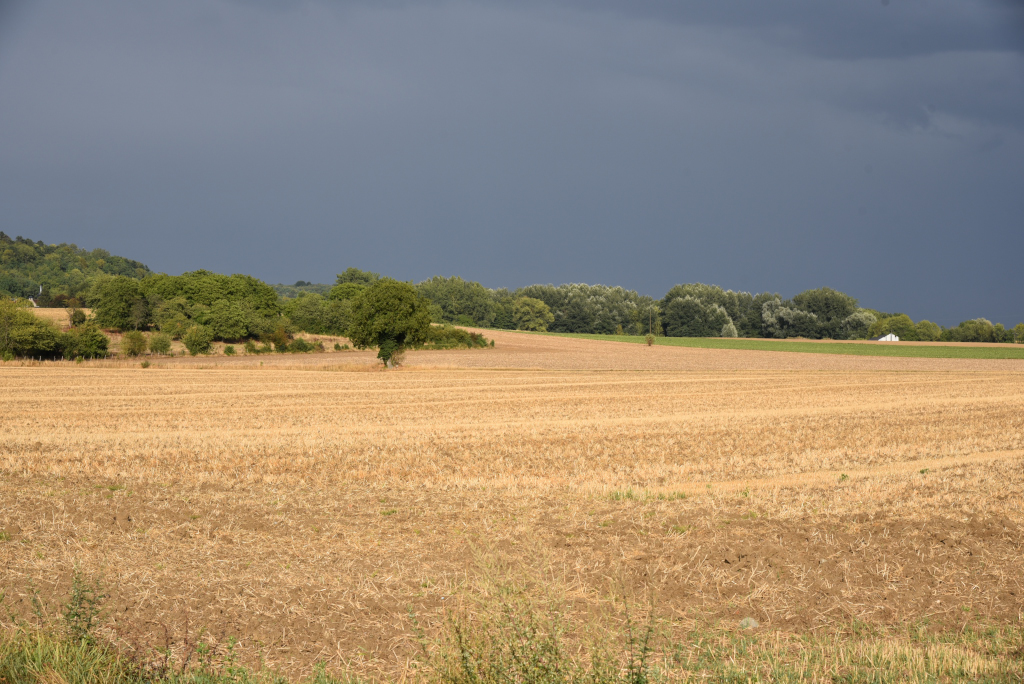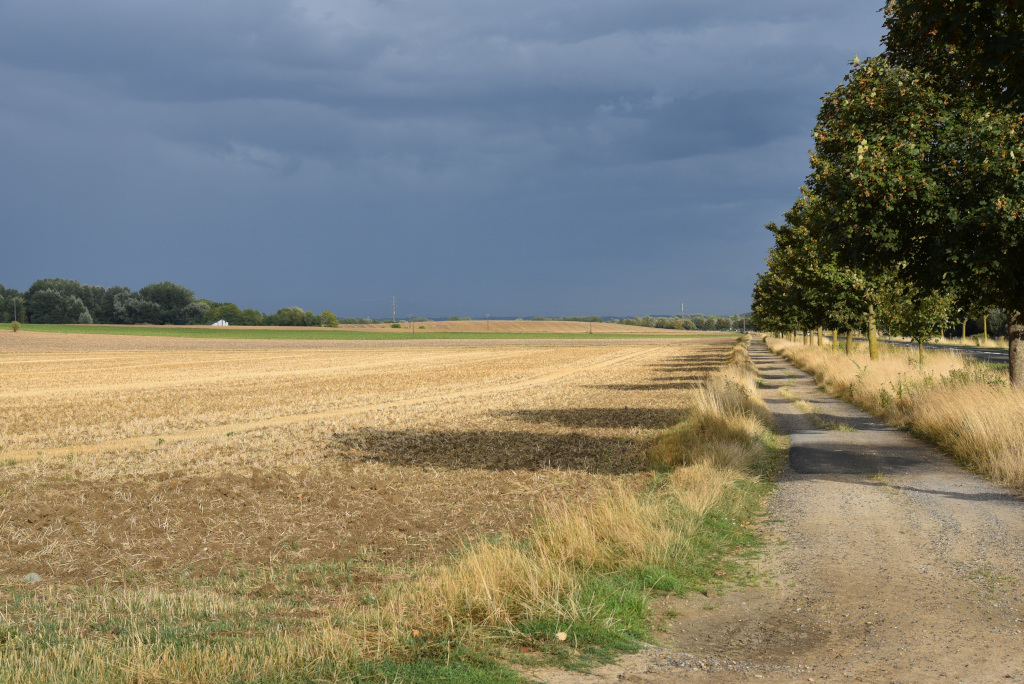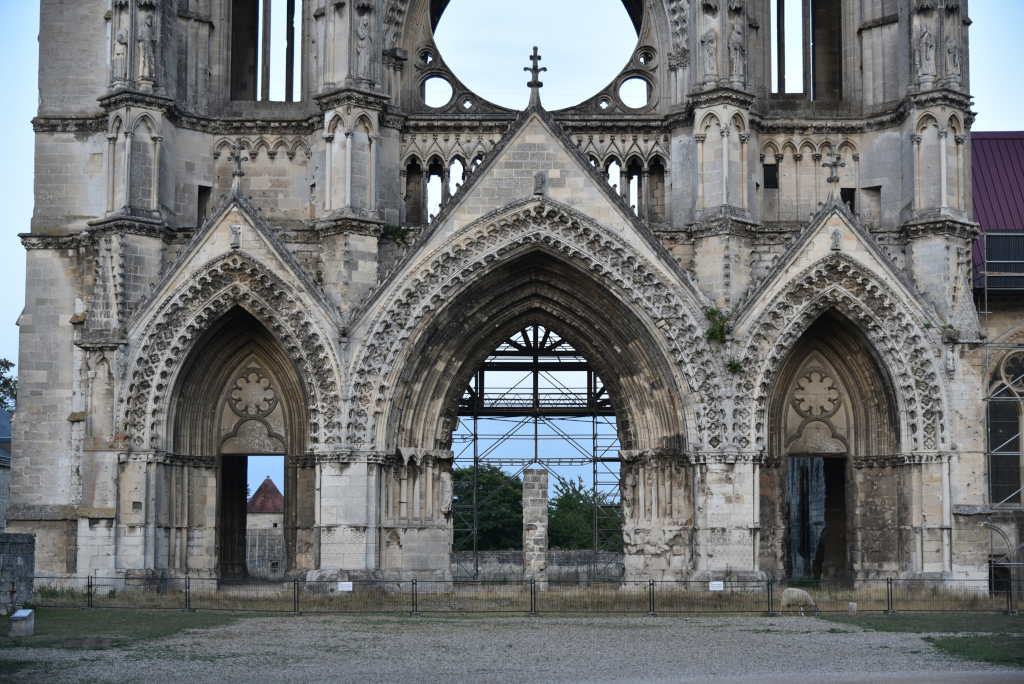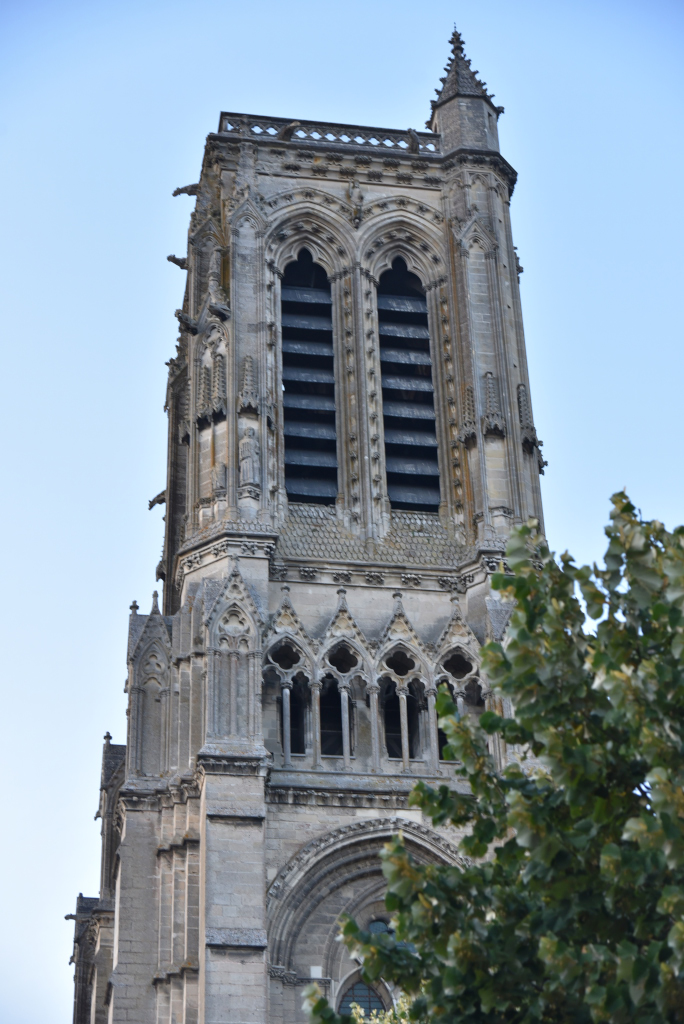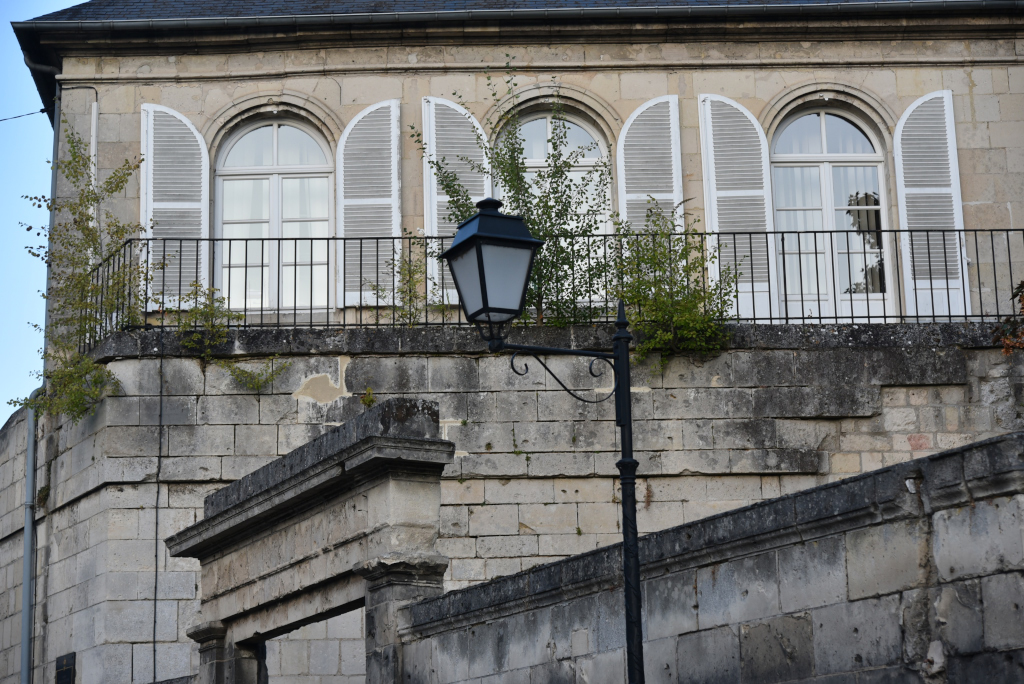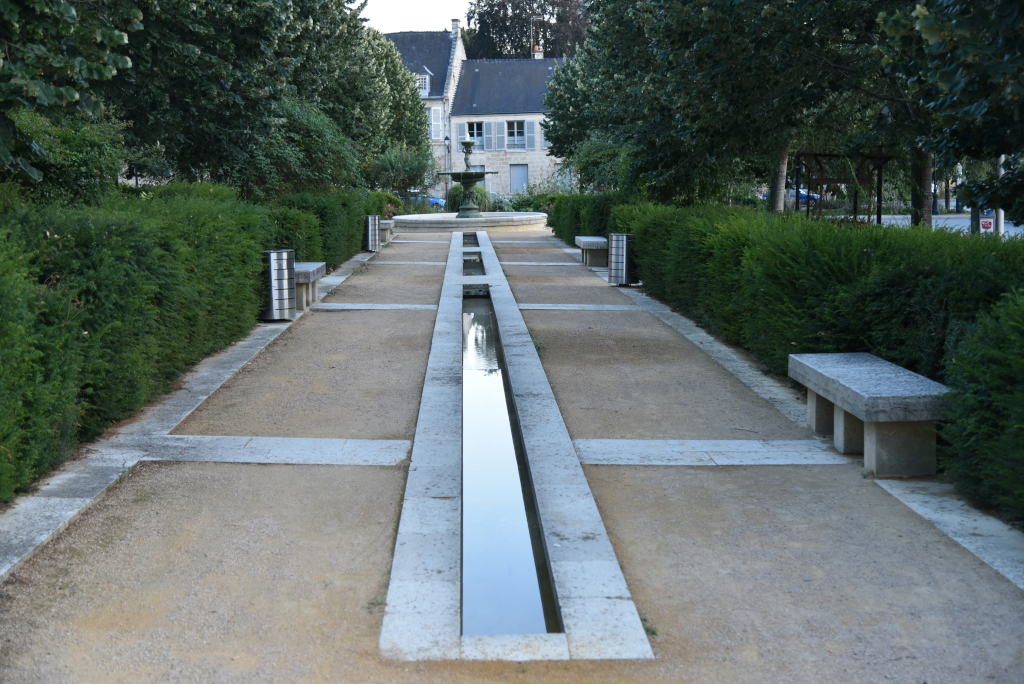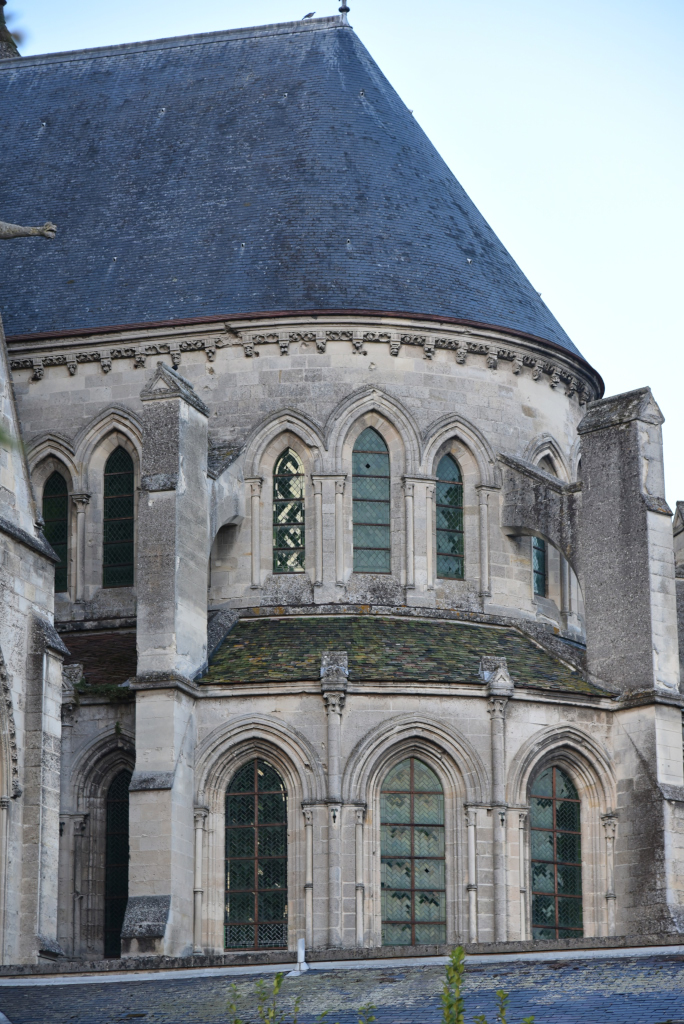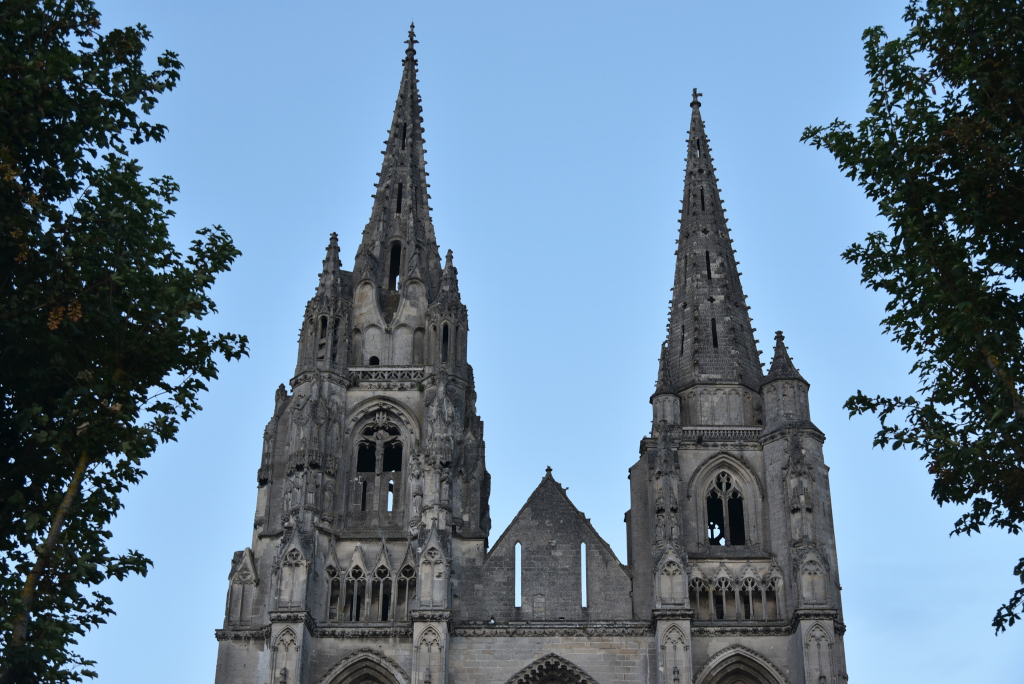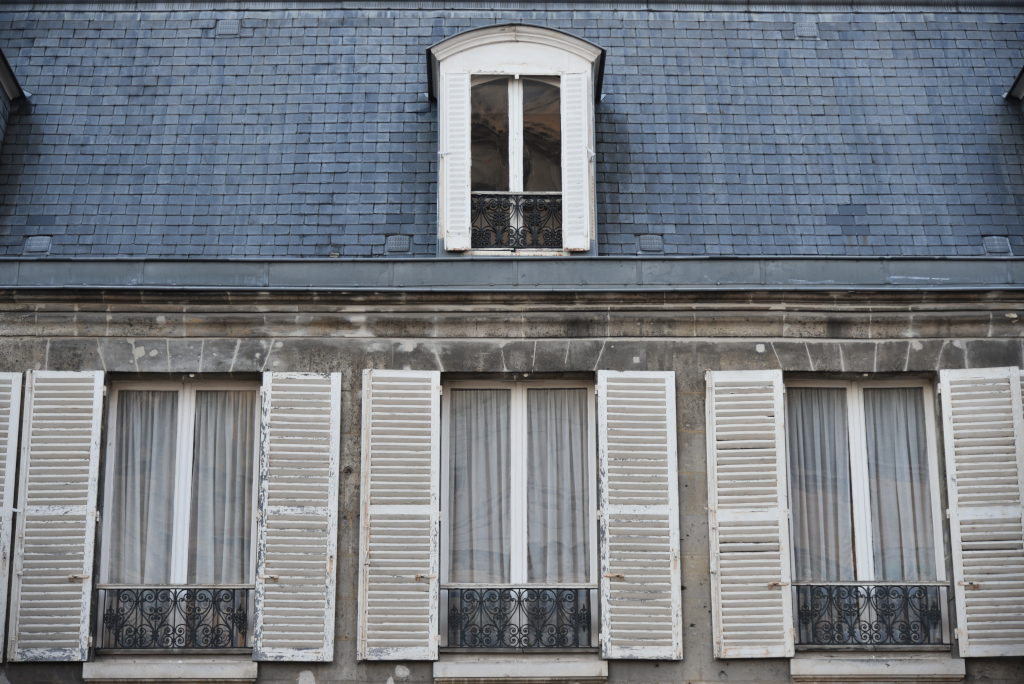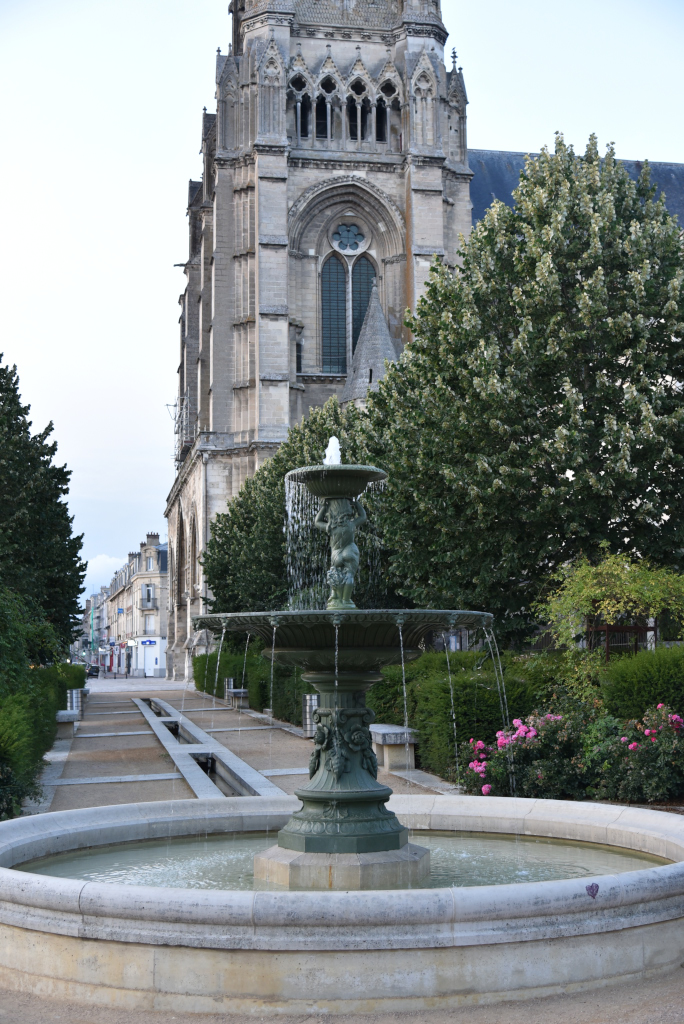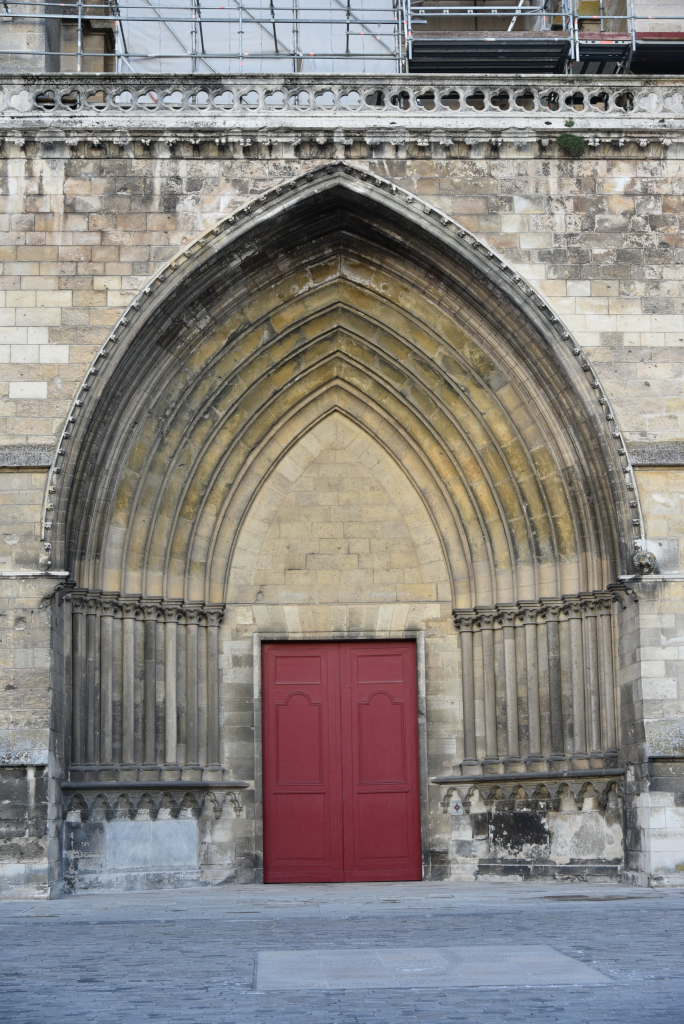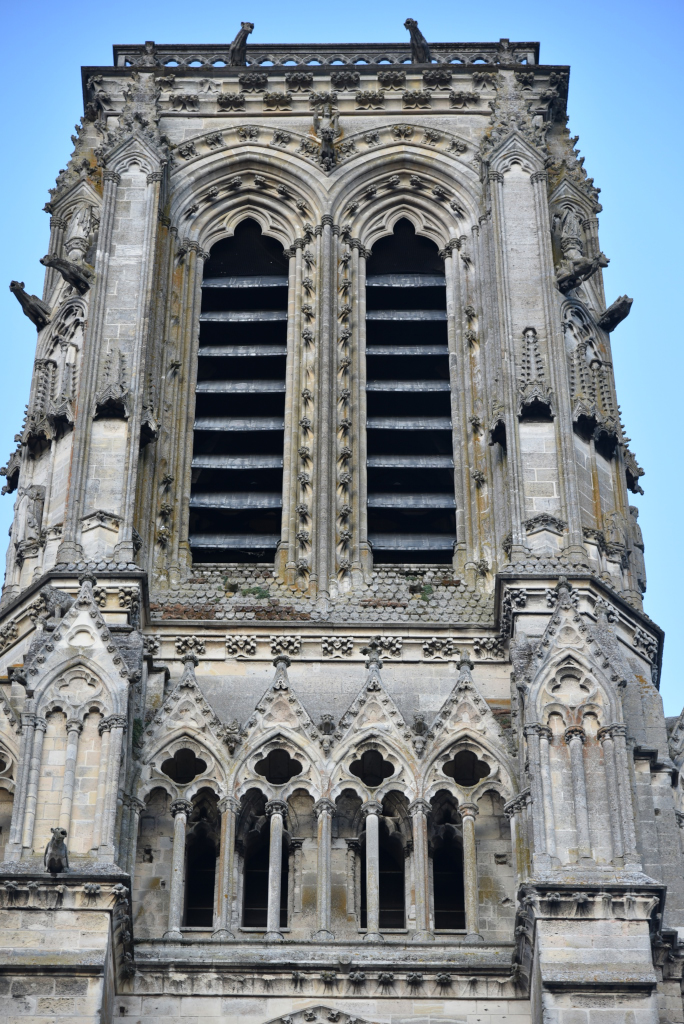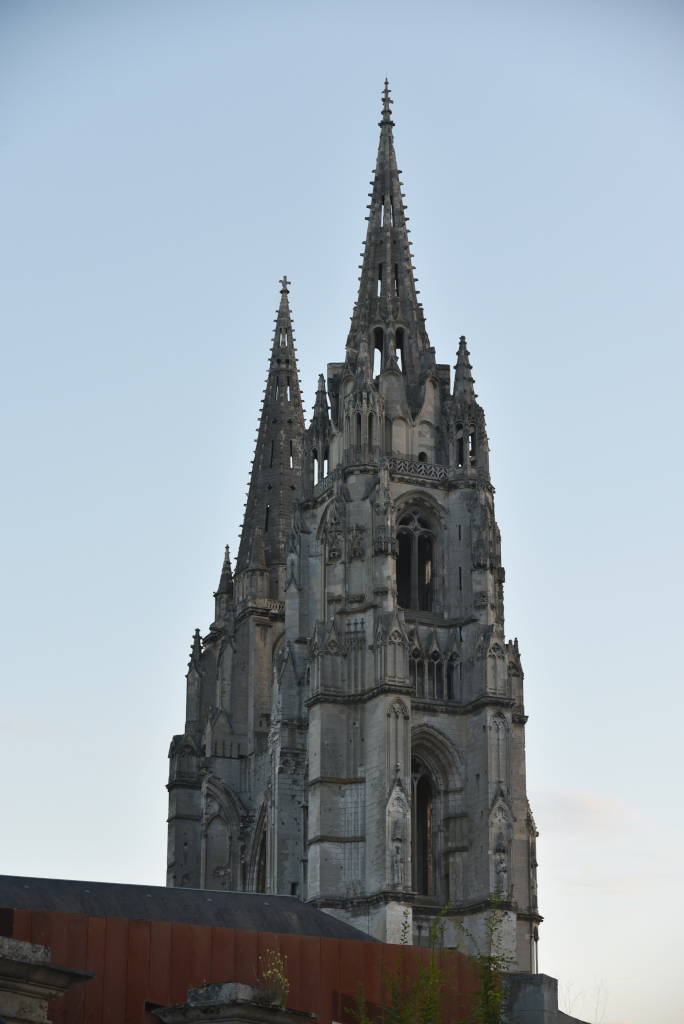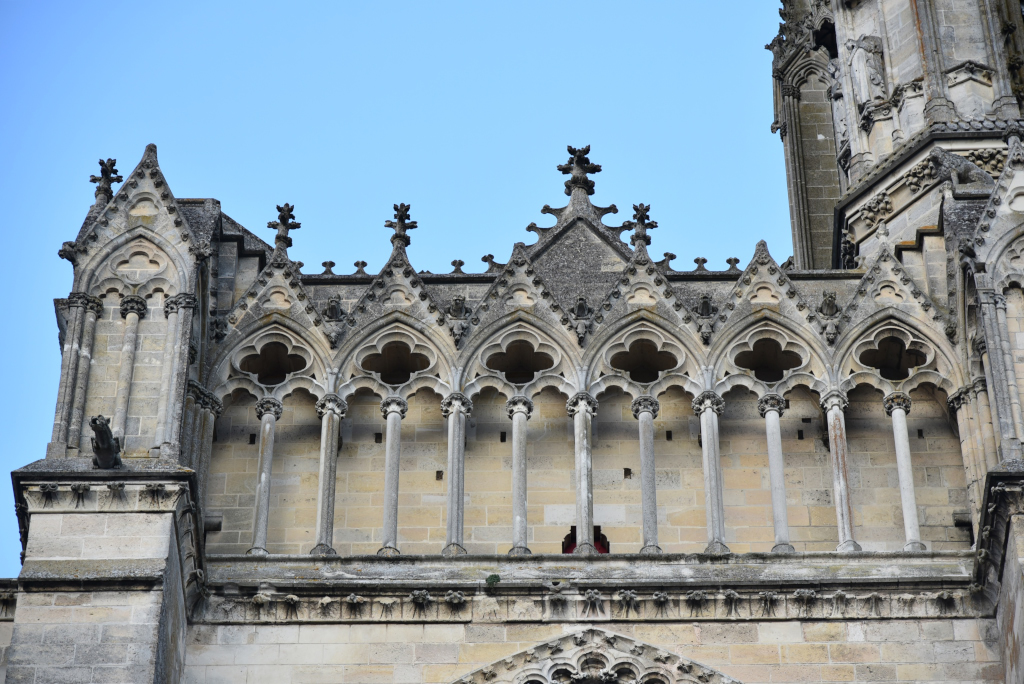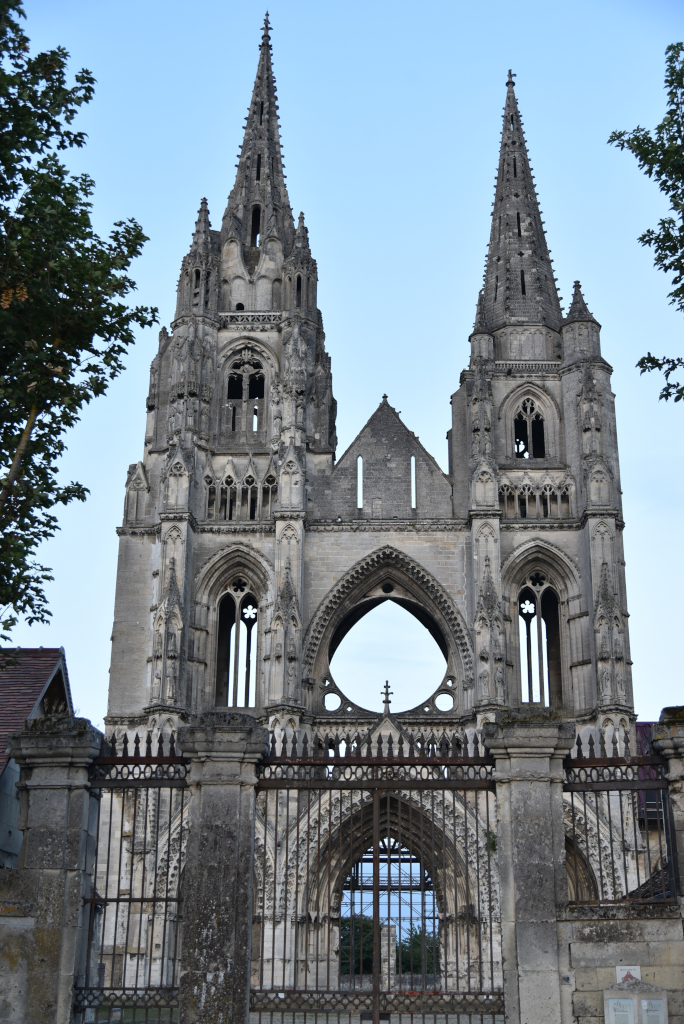August 24, 2018
I travel onward from the stunning town of Laon, the medieval cathedral soaring into the sky as the town recedes behind me. Across the broad tilled fields and under the dramatic sky, a blend of brilliant light and intense clouds, I come upon the town of Bruyères-et-Montbérault, abandoned by its citizen on their seasonal migration to the coast, nothing other than a few elderly and wizened locals remaining to roam the alleys of the charming burg.
The history of Bruyères-et-Montbérault dates to the Middle Ages, in the 11th century a deanery of Laon, then a free commune as of the mid-11th century. The town was taken repeatedly by the English in the course of the Hundred Years’ War, and was subsequently stormed by German Huguenots in the mid-16th century. Today, the town is the image of peaceful abandon, rich in small decorative charms, ancient structures and eruptions of floral beauty that are characteristic of small towns in the centre of Picardy.
Monthenault is smaller and more innocuous, dedicated to a quiet agricultural lifestyle, but a few quick samples of local fruit courtesy of a woman tending her rambling domestic orchard under the sky threatening rain illustrates the incredible quality of fruit and vegetables that the French countryside is still capable of producing. Delicate, smallish and apricot-coloured, the mirabelle plums explode with subtle flavour, achieving an exquisite balance of acidity and sweetness. The ever-present war memorials provide a jarring reminder in the bucolic countryside that once, not so long ago, the land was anything but a paragon of peace and tranquility.
The town of Chamouille is spry and pretty, facing the Lac d’Ailette and the expansive, forested countryside surrounding it. The attraction of Chamouille is not its history but the resort that has built around the lake, whose appeal is golf, sailing, and simply walking along the small lake’s sandy shores.
I continue further to the south, over the rolling golden plains to the diminutive and utterly charming Vendresse-Beaulne, then meander along weaving forest roads to Soupir and the Aisne river, from which the department takes its name. Further down, the landscape is hillier, greener, and more dramatic, deeper into the heart of old France.
Further west along the Aisne towards the ancient town of Soissons lies Vailly-sur-Aisne, whose history dates to the Gauls and then the Romans, vestiges still remaining of Gallo-Roman habitation. Under Merovech, grandfather of Clovis, neighboring Soissons became capital of the Franks.
In July 1429 the King of France, Charles VII, spent the night in Vailly accompanied by Joan of Arc following his coronation. The following day they returned to Compiègne, where Joan was arrested by the Burgundians and sold to the English.
The golden fields glimmer in the late afternoon sun as I continue towards Soissons, the deep green solemn rows of tree flanking the narrow road in stark contrast with the deep blue, brooding sky.
The modest and unassuming image of working class Soissons belies its history as one of the foundation towns of old France, the seat of Franks prior to the creation of the country, and rich in history dating to the early Middle Ages. Soissons’ history in fact began as the Celtic town of Noviodunum, later vanquished by Julius Caesar, then in the late 5th century A.D., fell to the Frankish king Clovis I at the Battle of Soissons.
(Narrative excerpted from Wikipedia)
